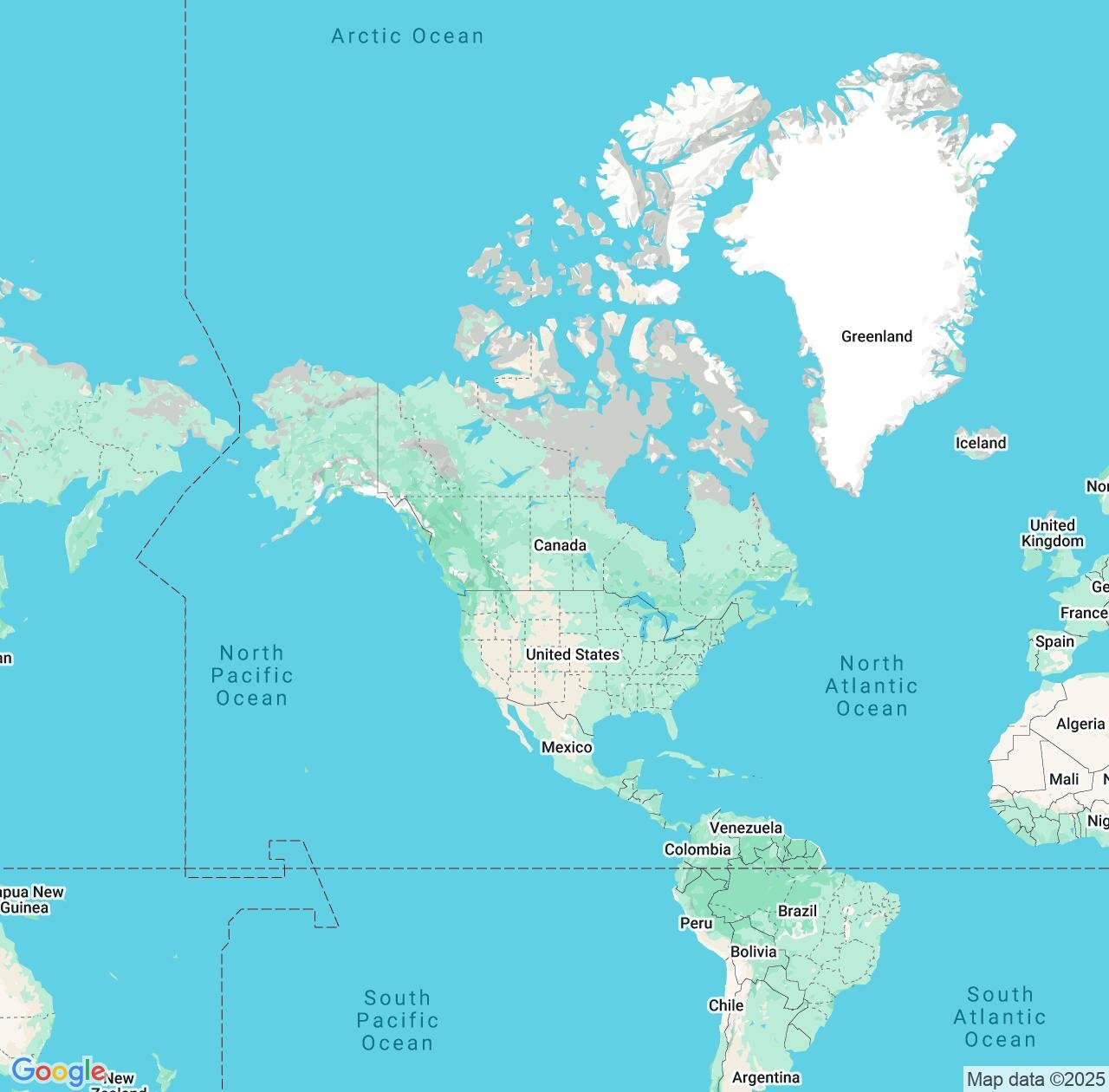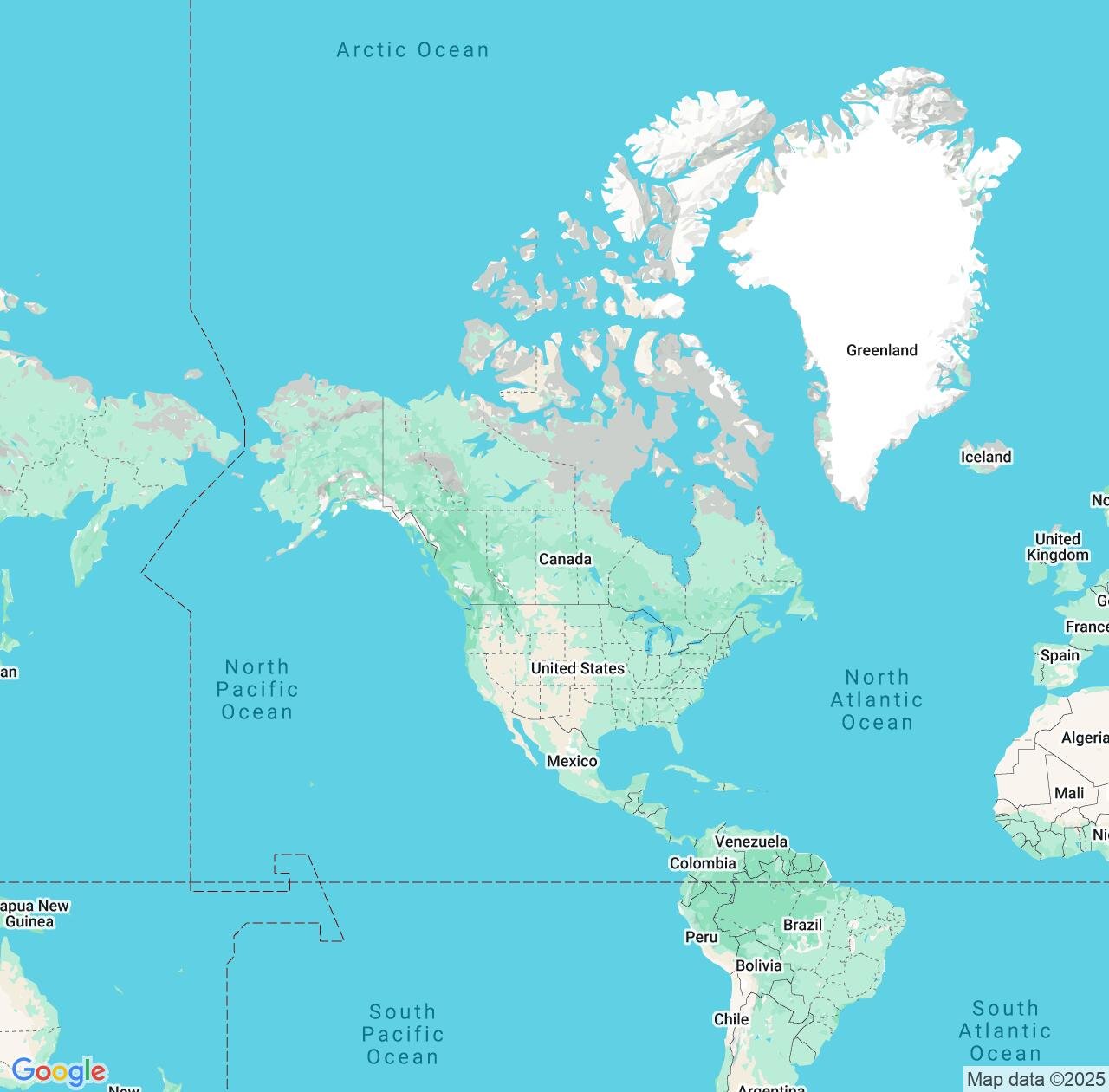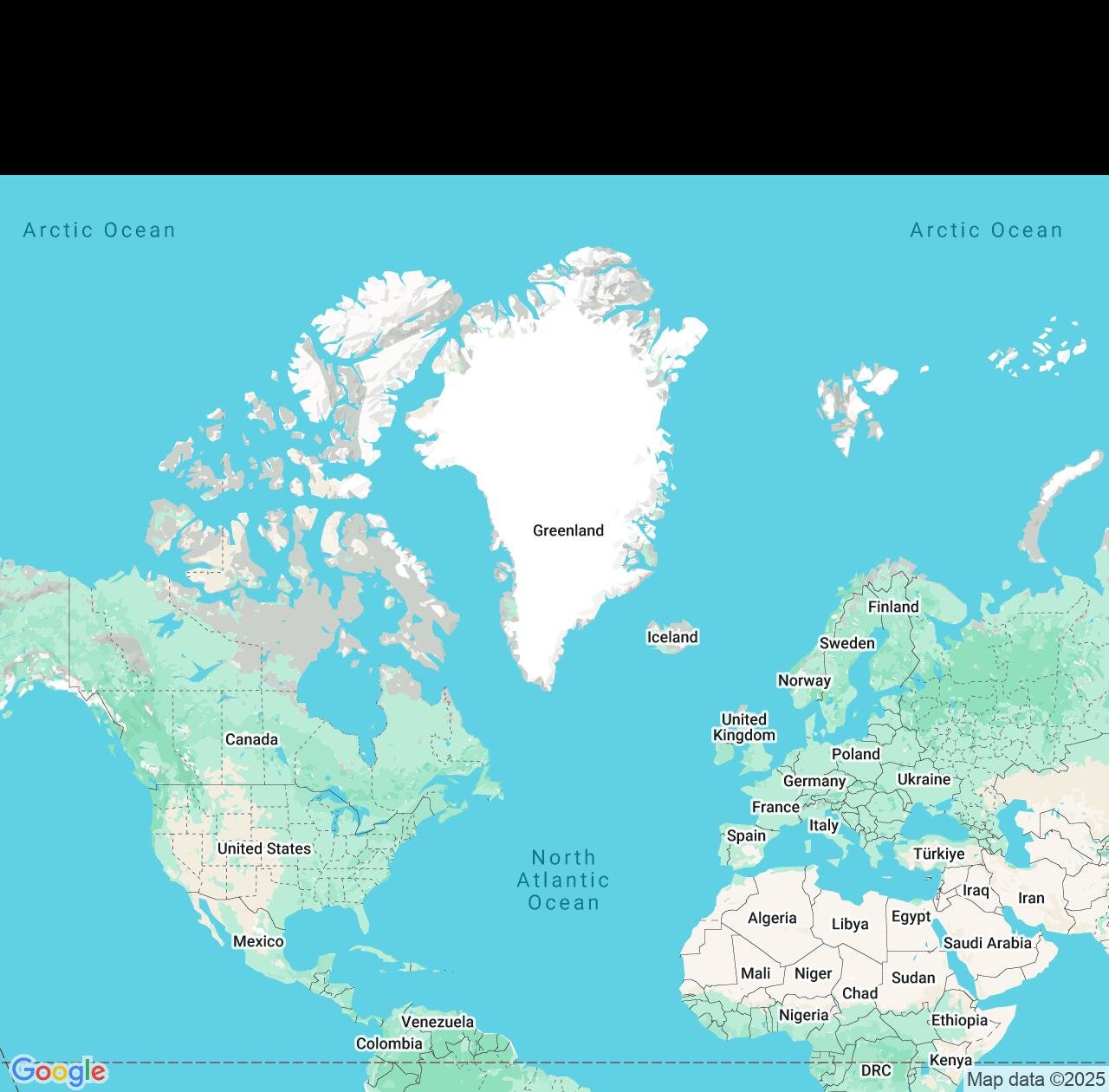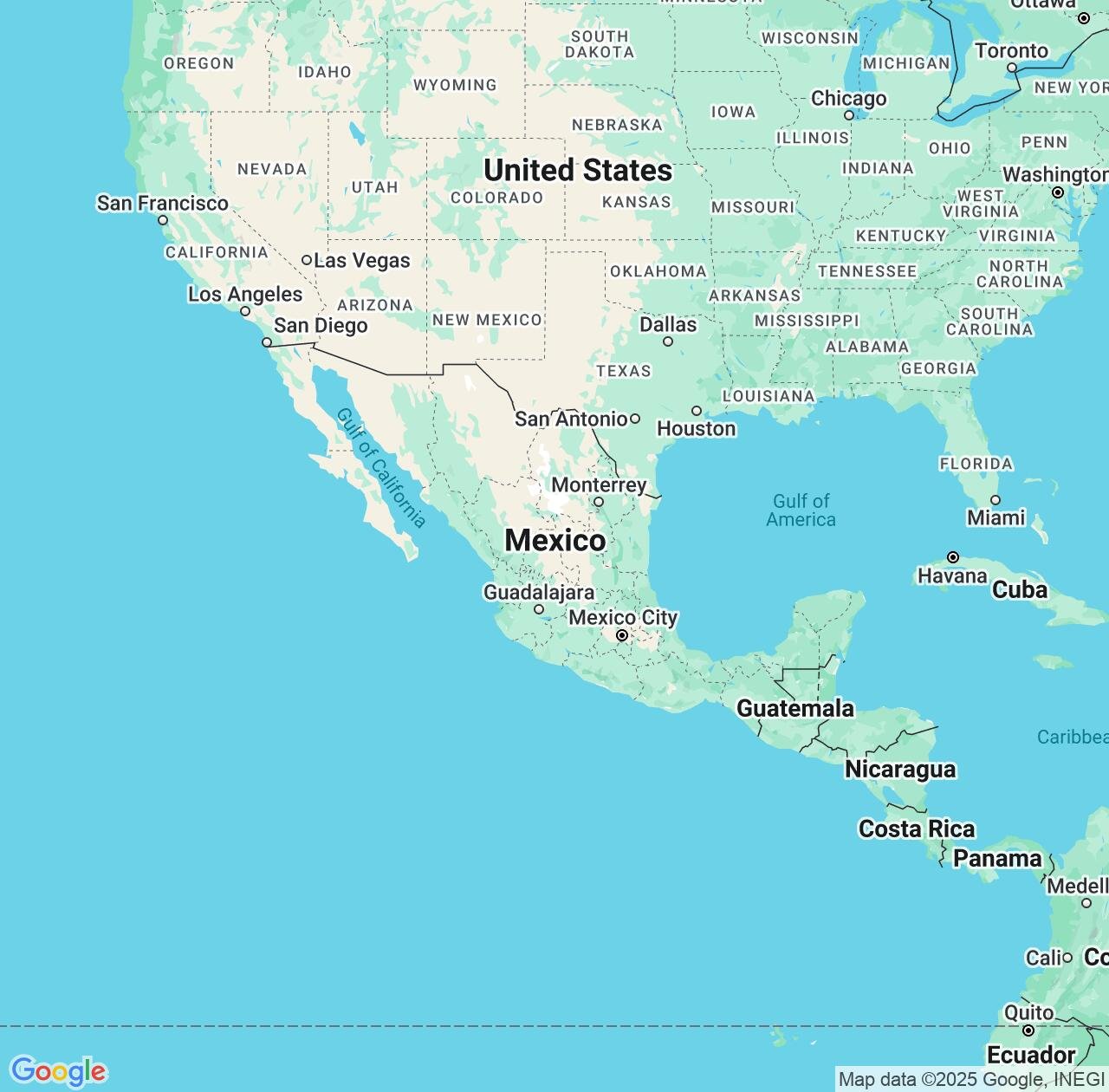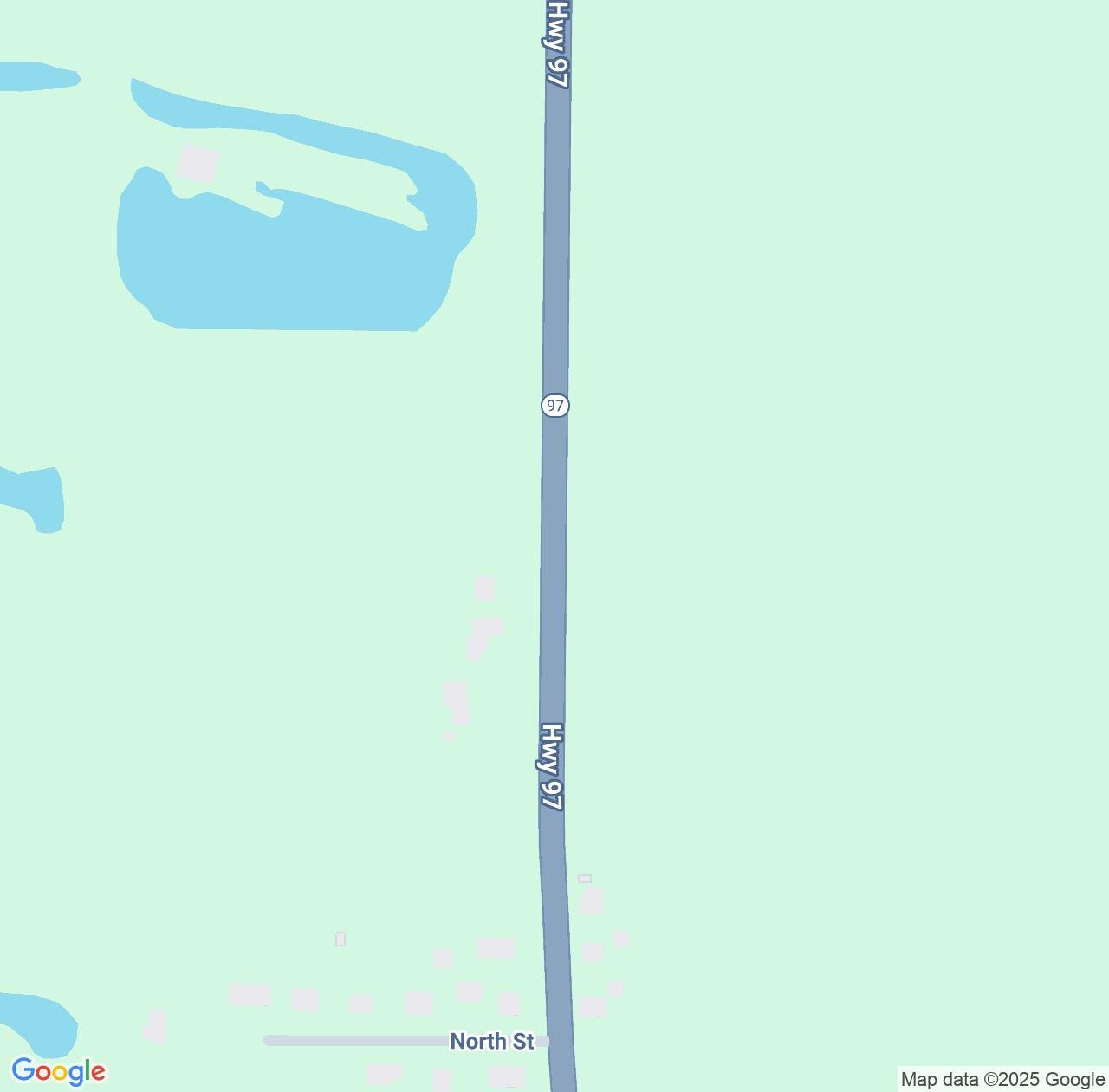Find a qualified Intellectual Property Lawyer in United States through intellectual-property.org’s directory of patent attorneys and IP professionals. The platform covers major innovation hubs like Silicon Valley, Boston, and New York, connecting users with local expertise. The US IP system processes over 350,000 patent applications yearly through the USPTO in Alexandria, Virginia.
The platform helps businesses protect and manage their intellectual assets while connecting with qualified legal professionals across all US regions.
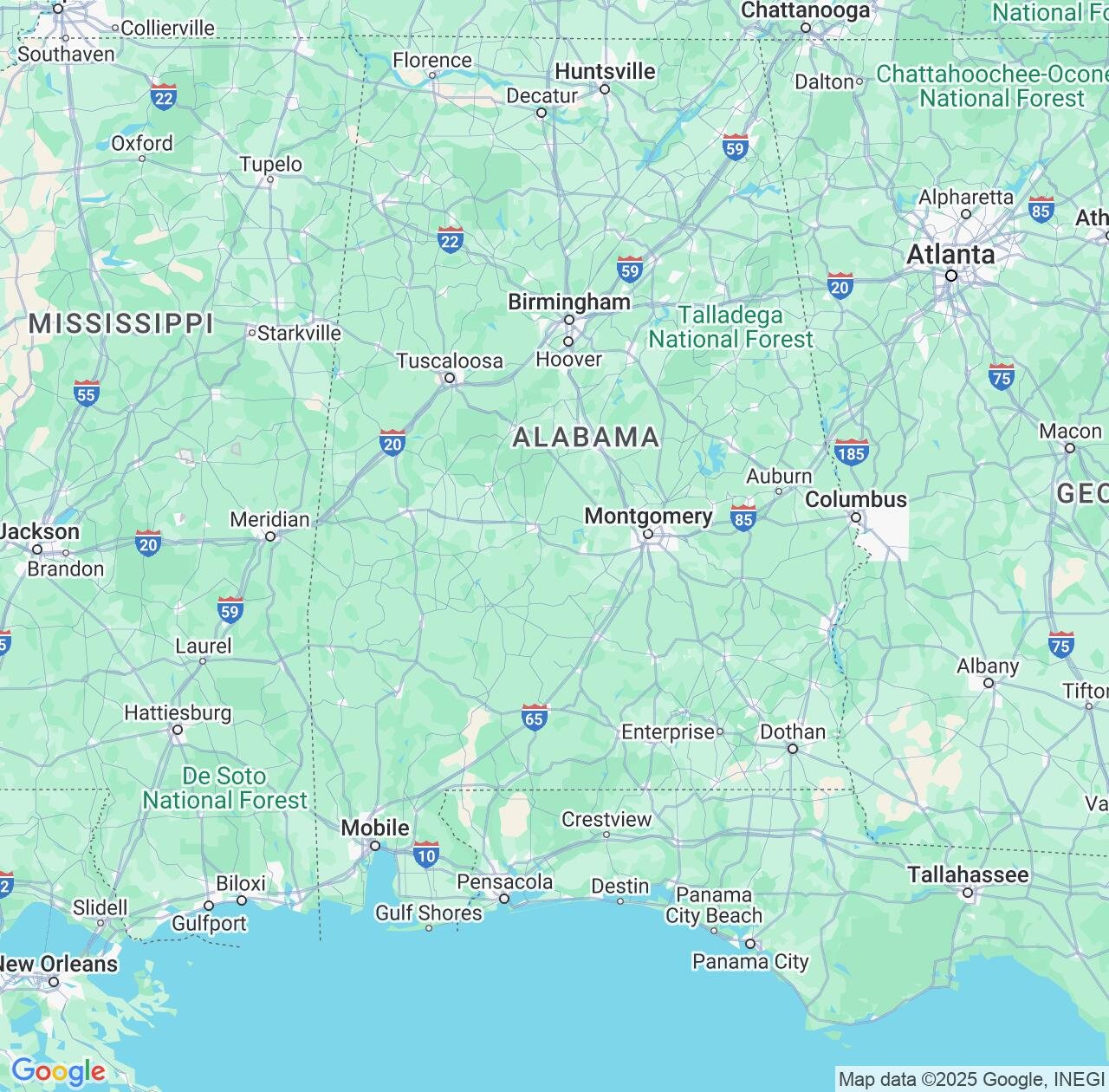
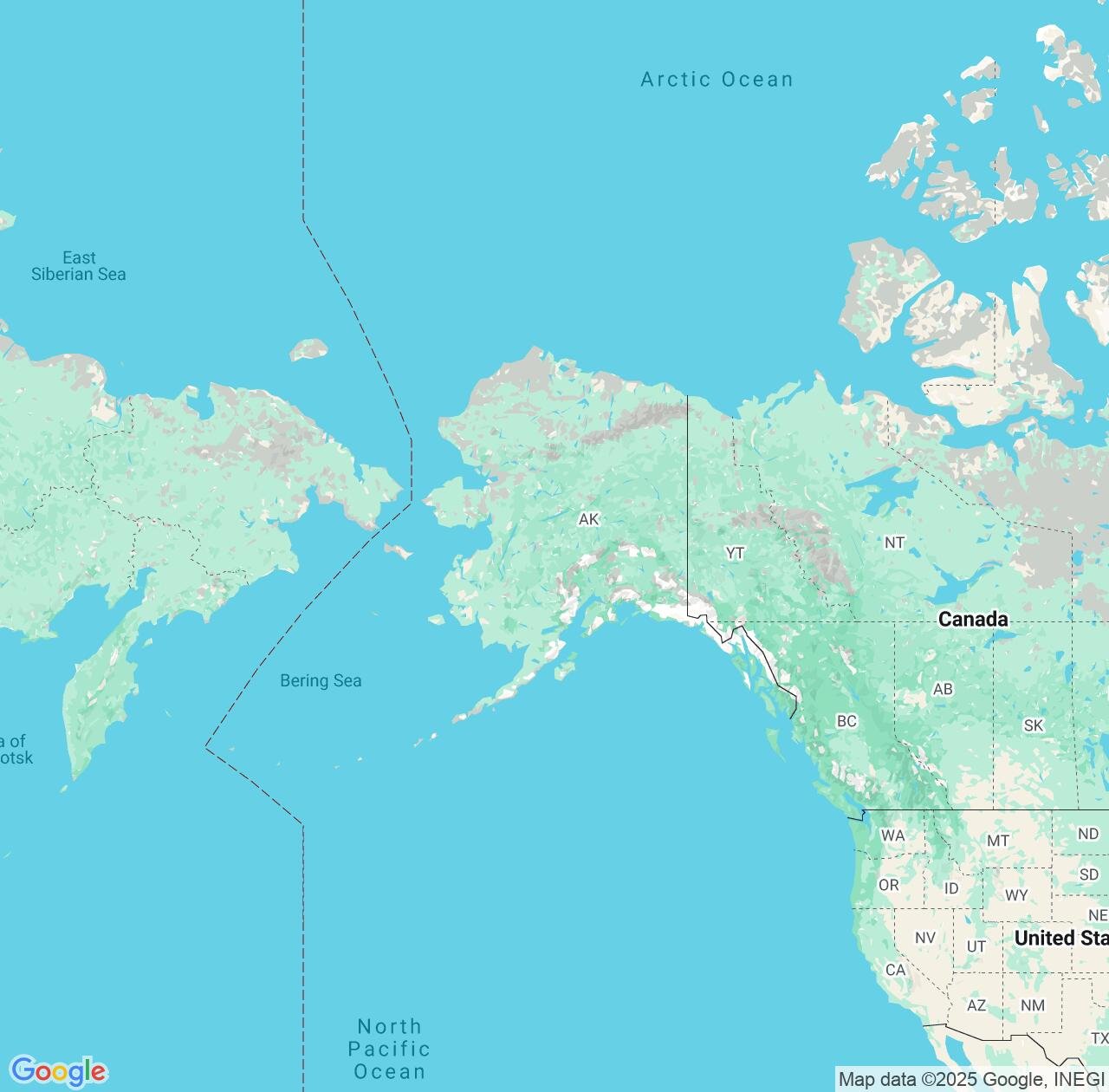
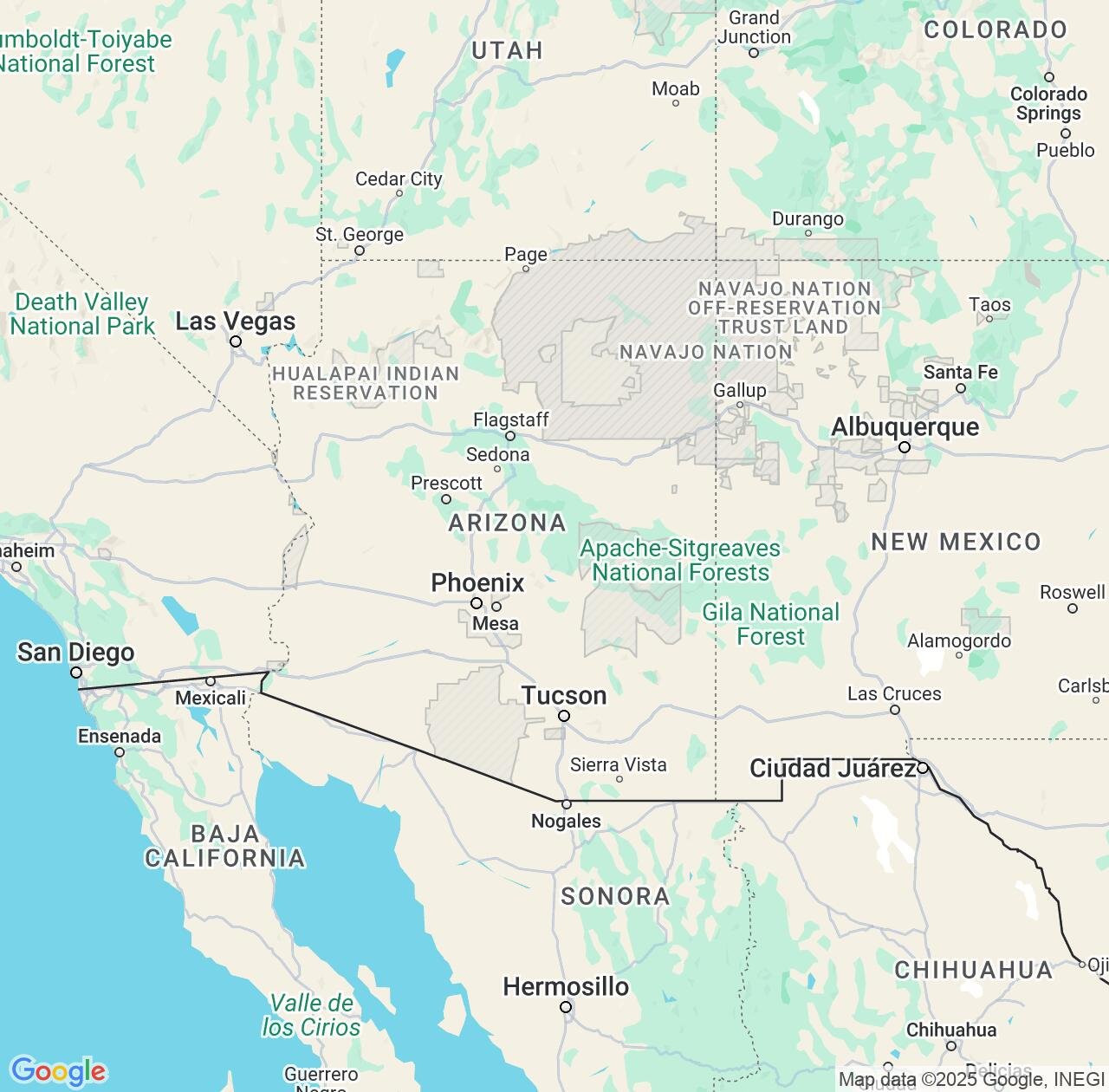
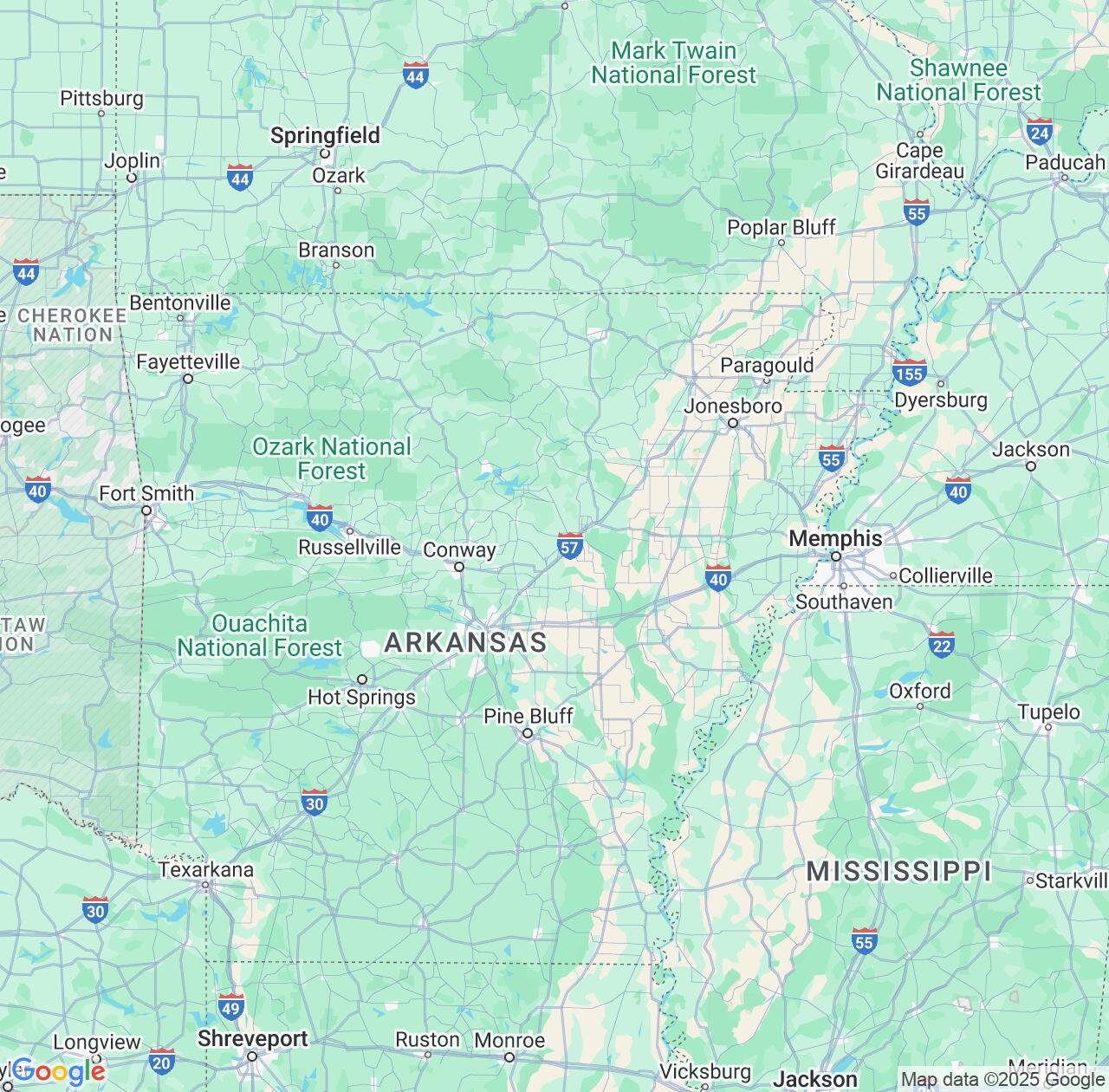
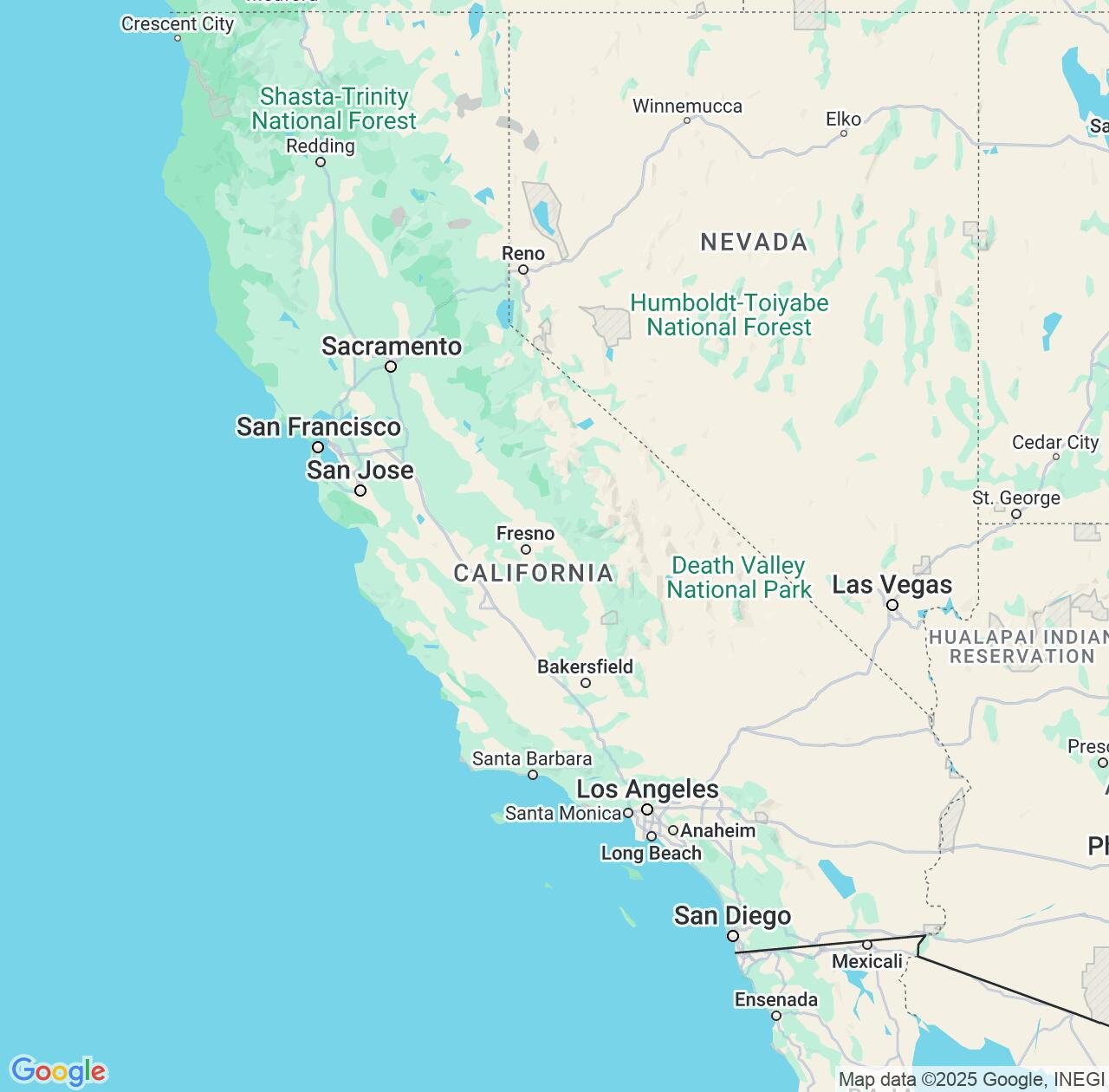
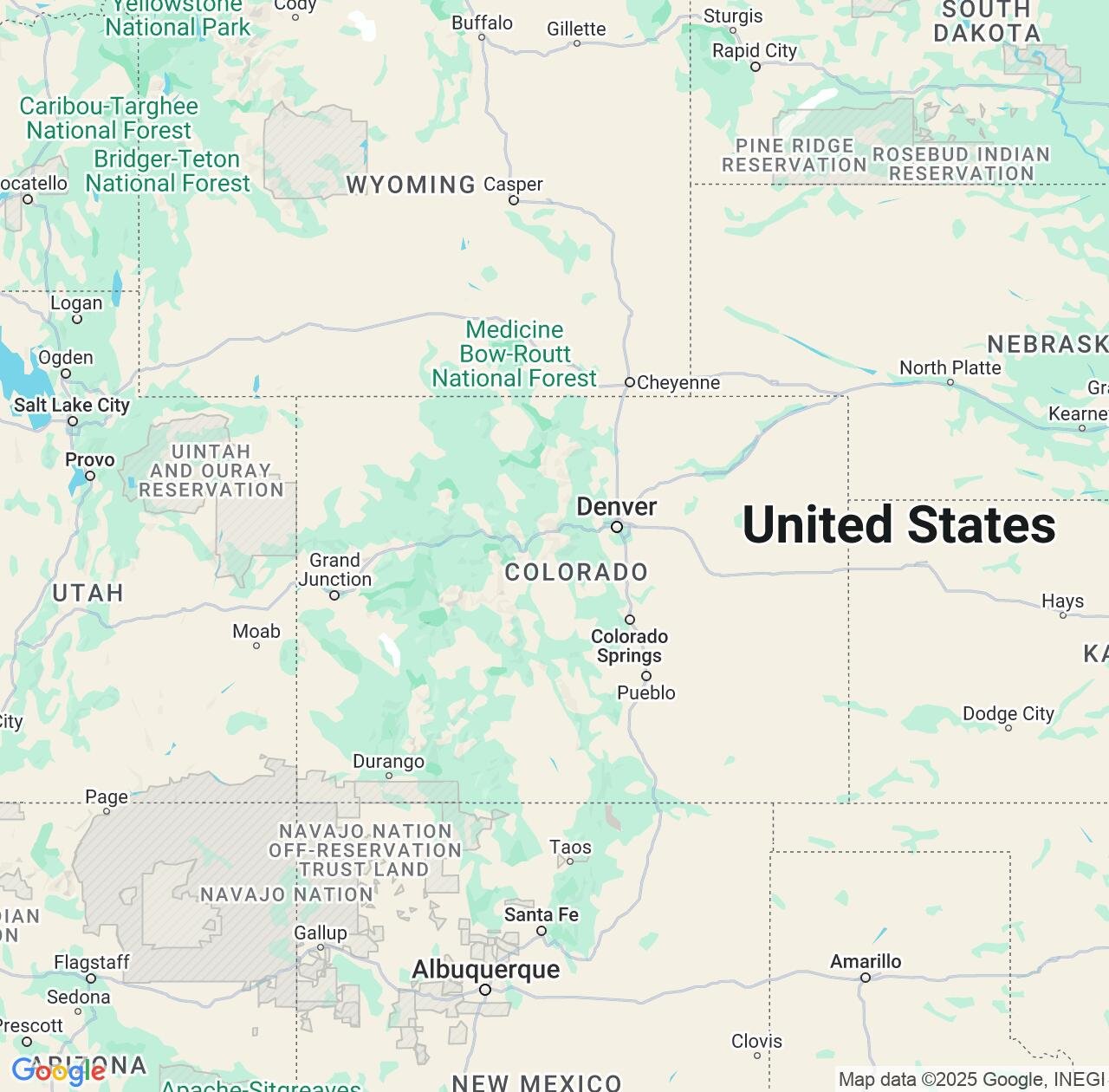
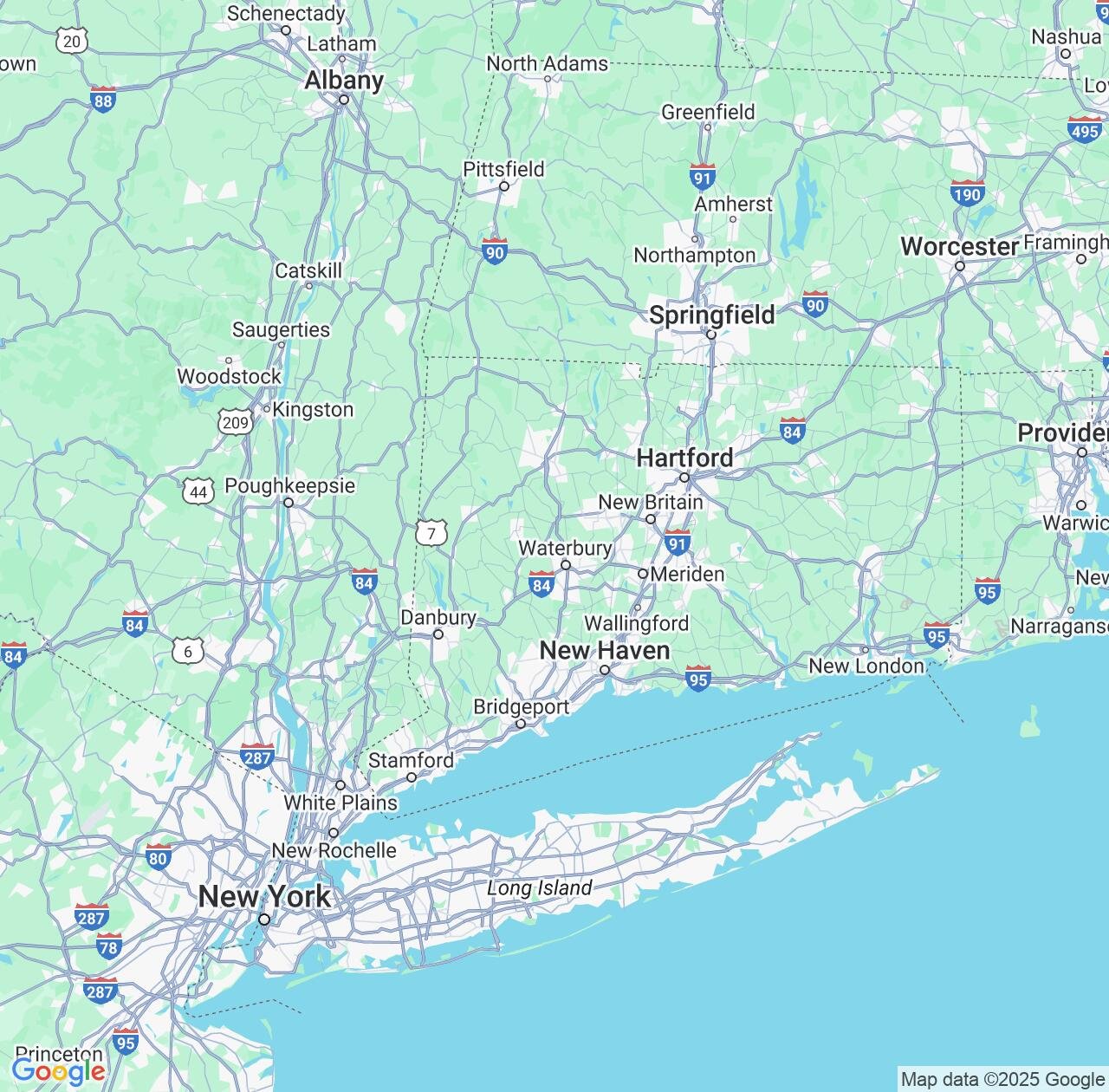
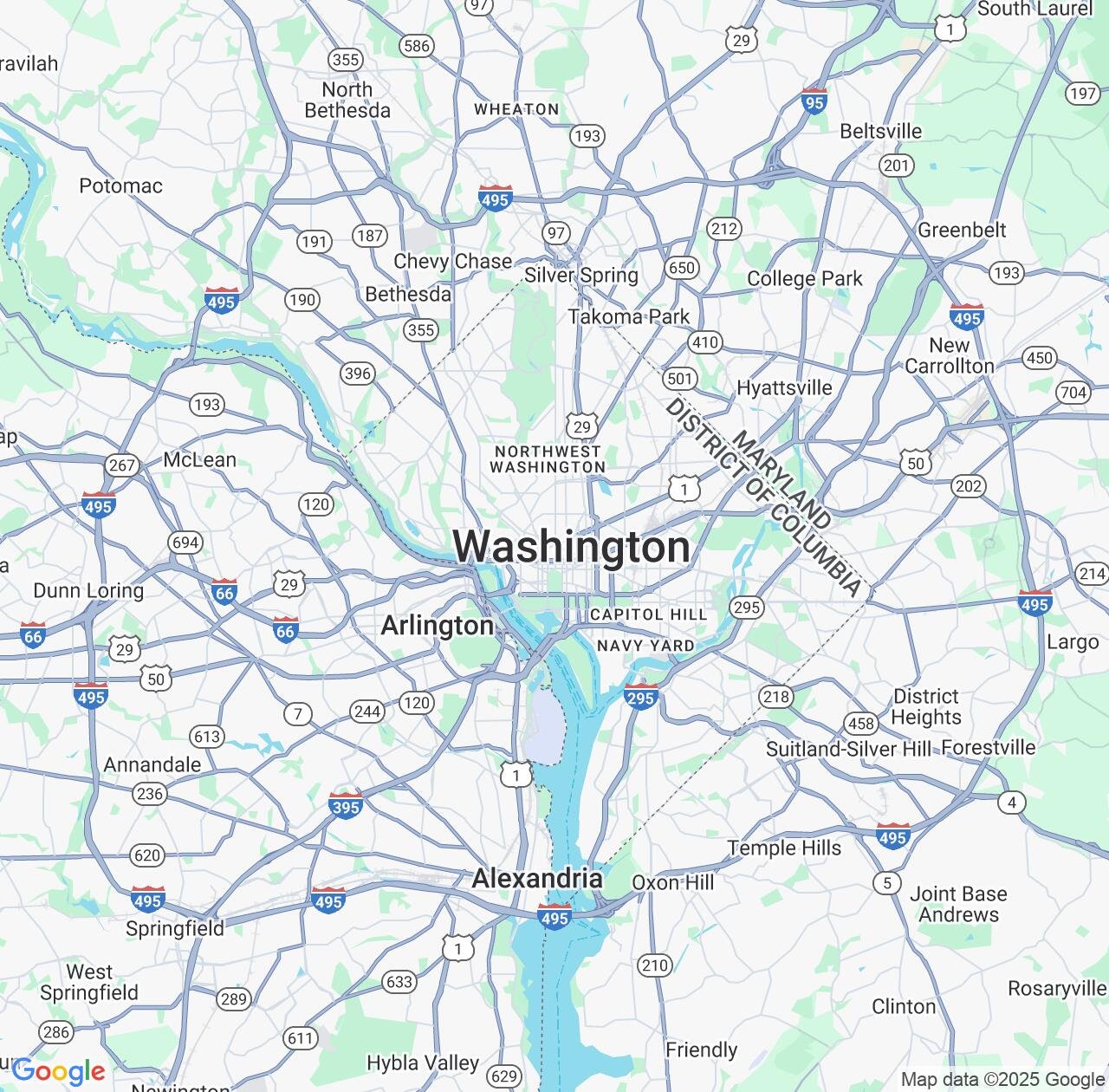
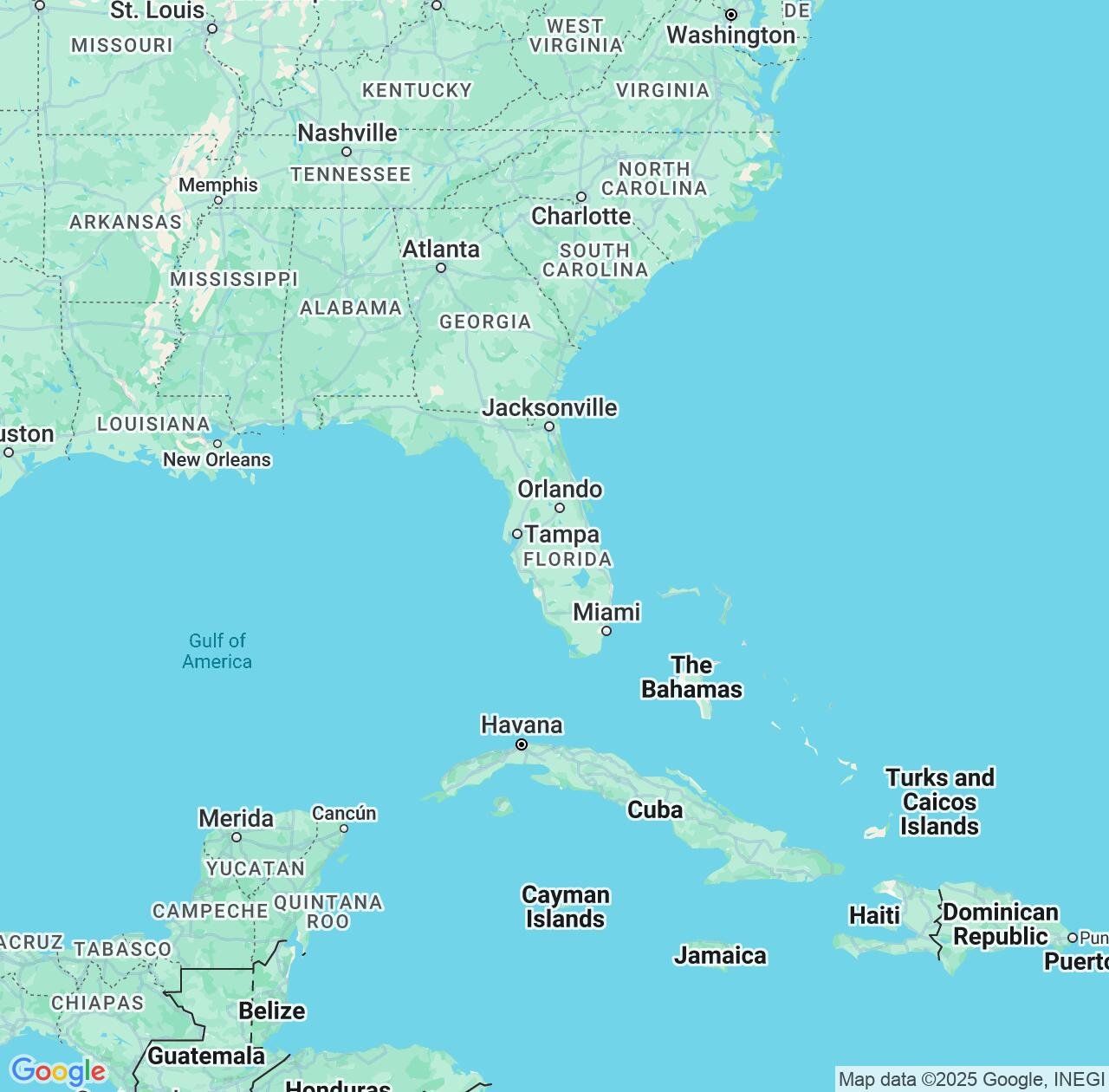
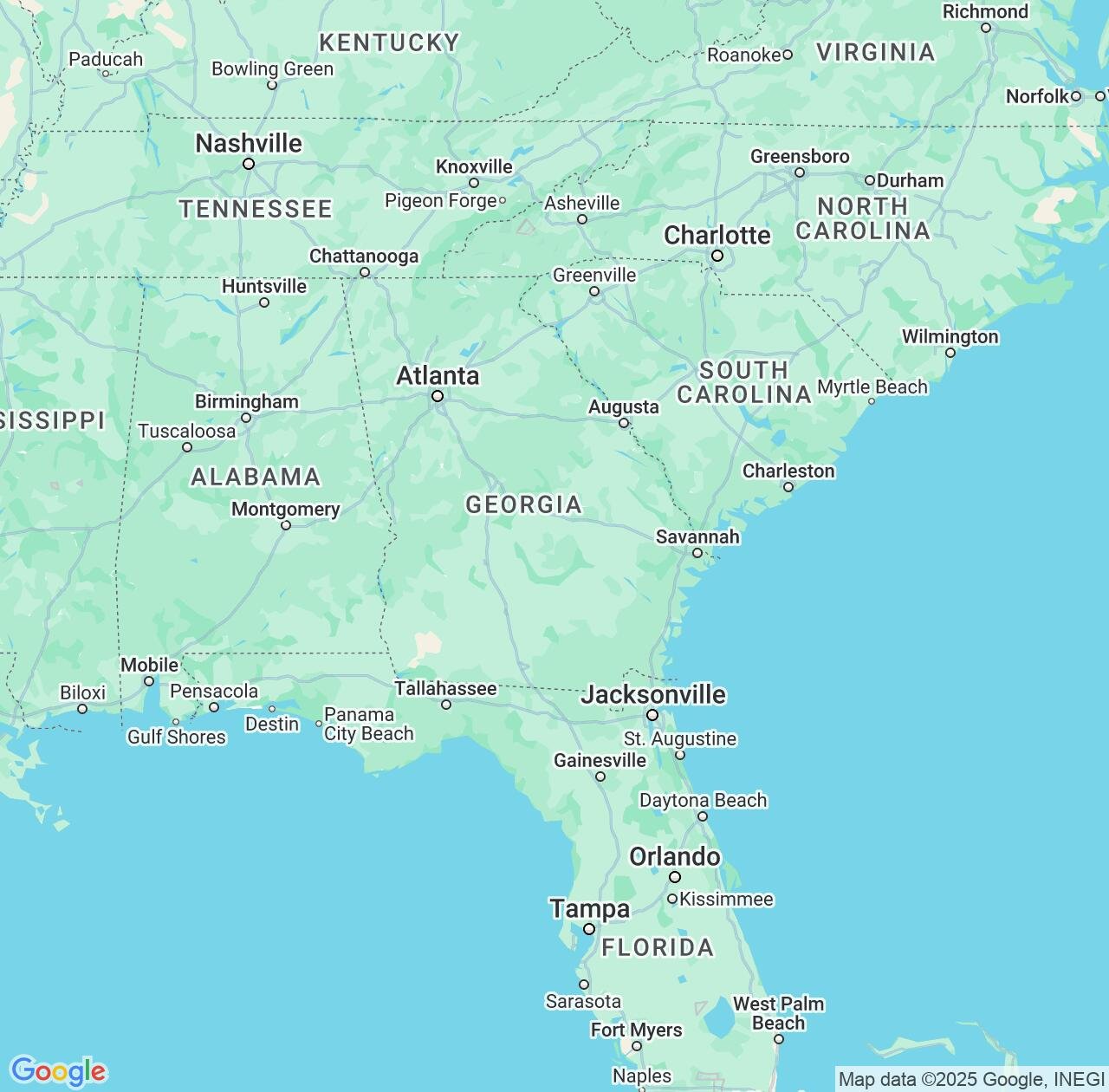
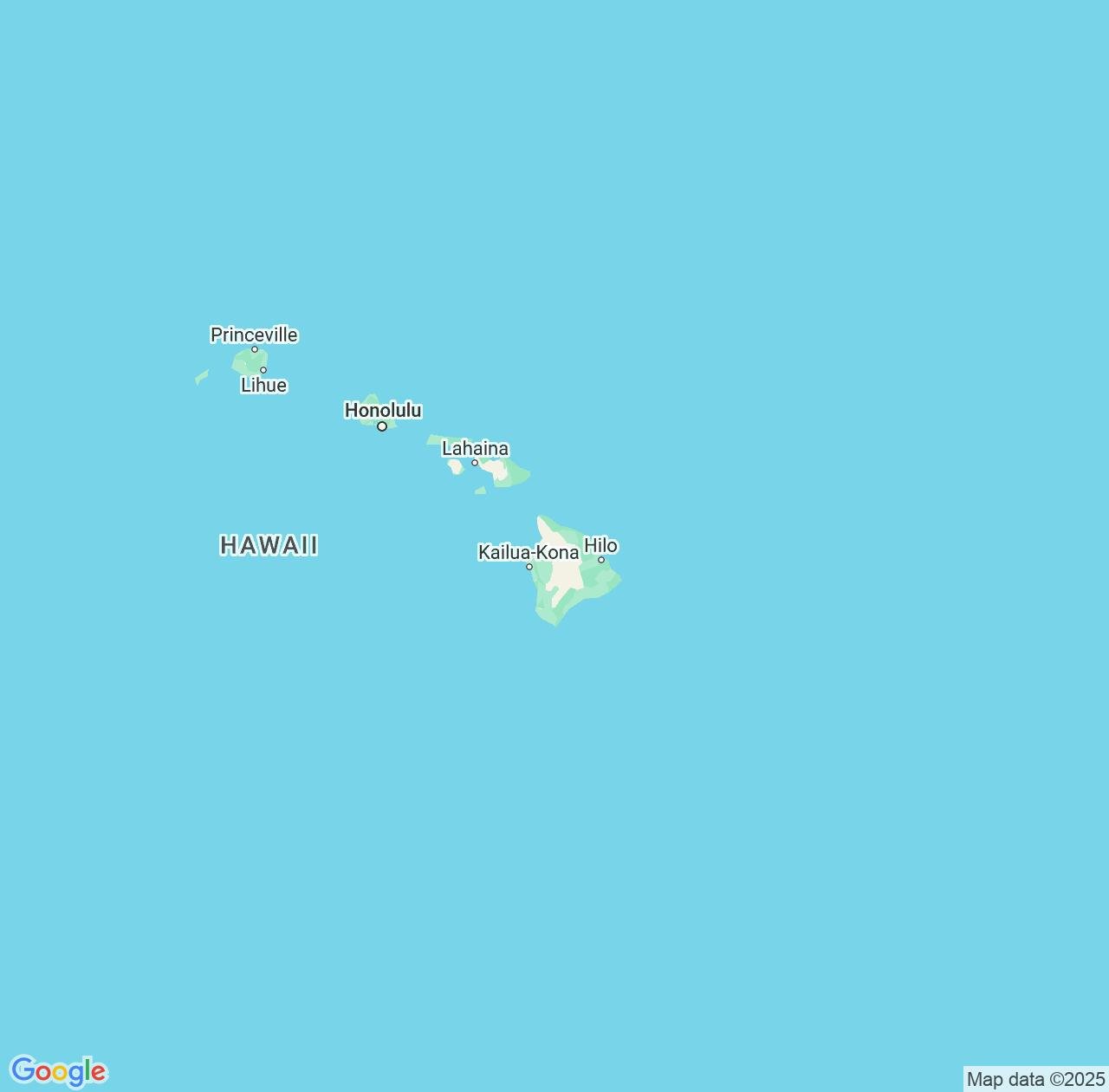
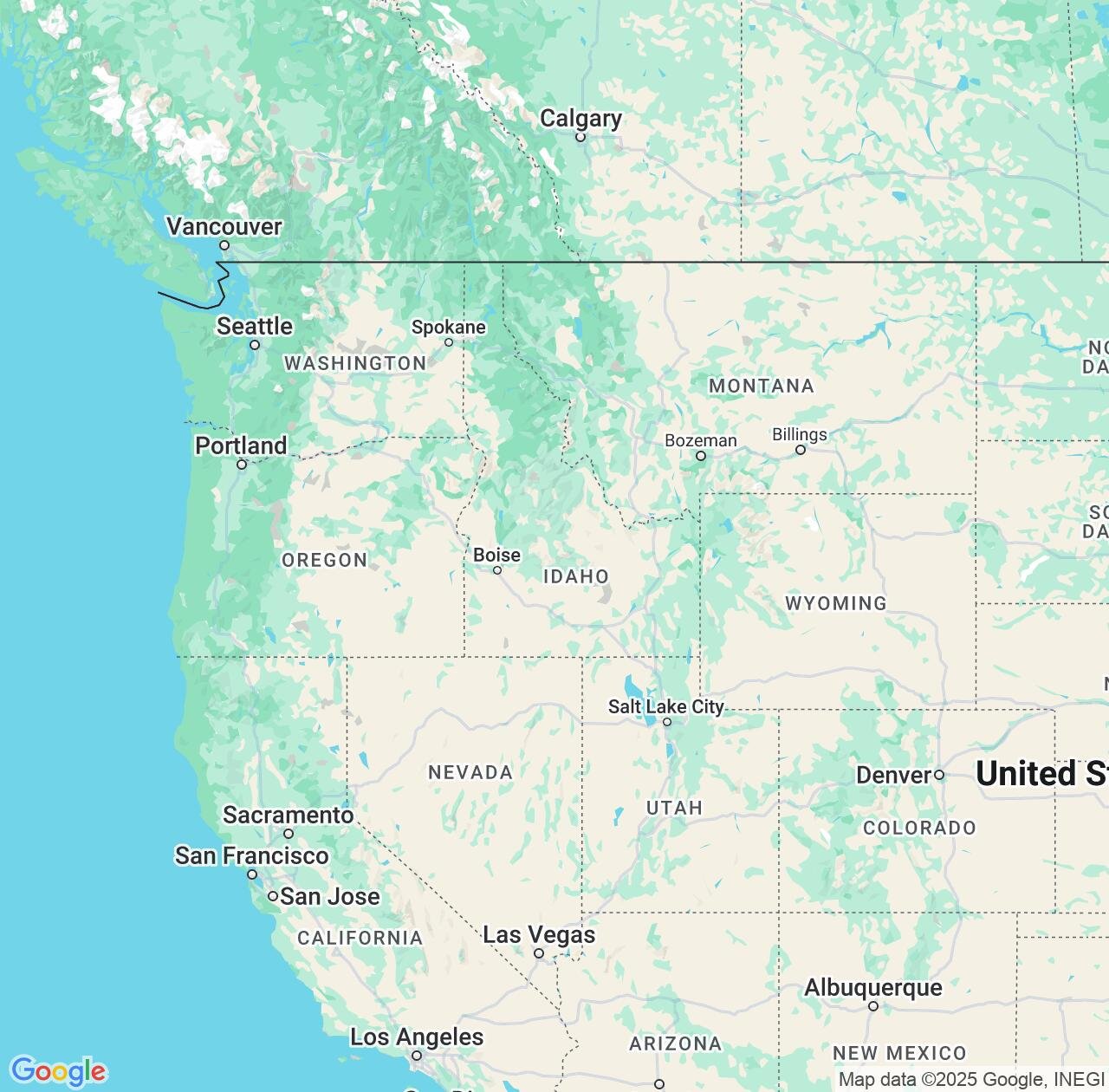
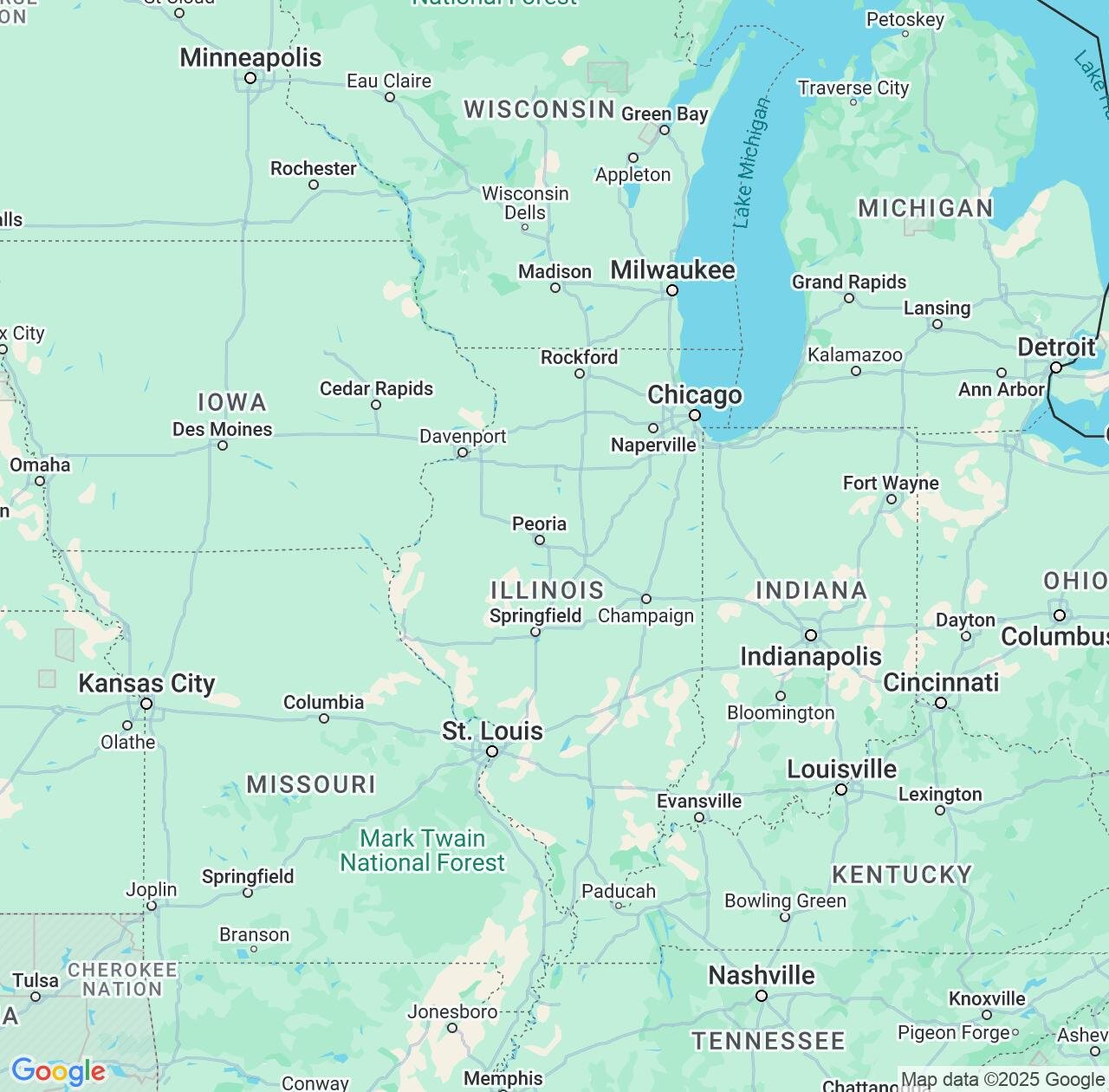
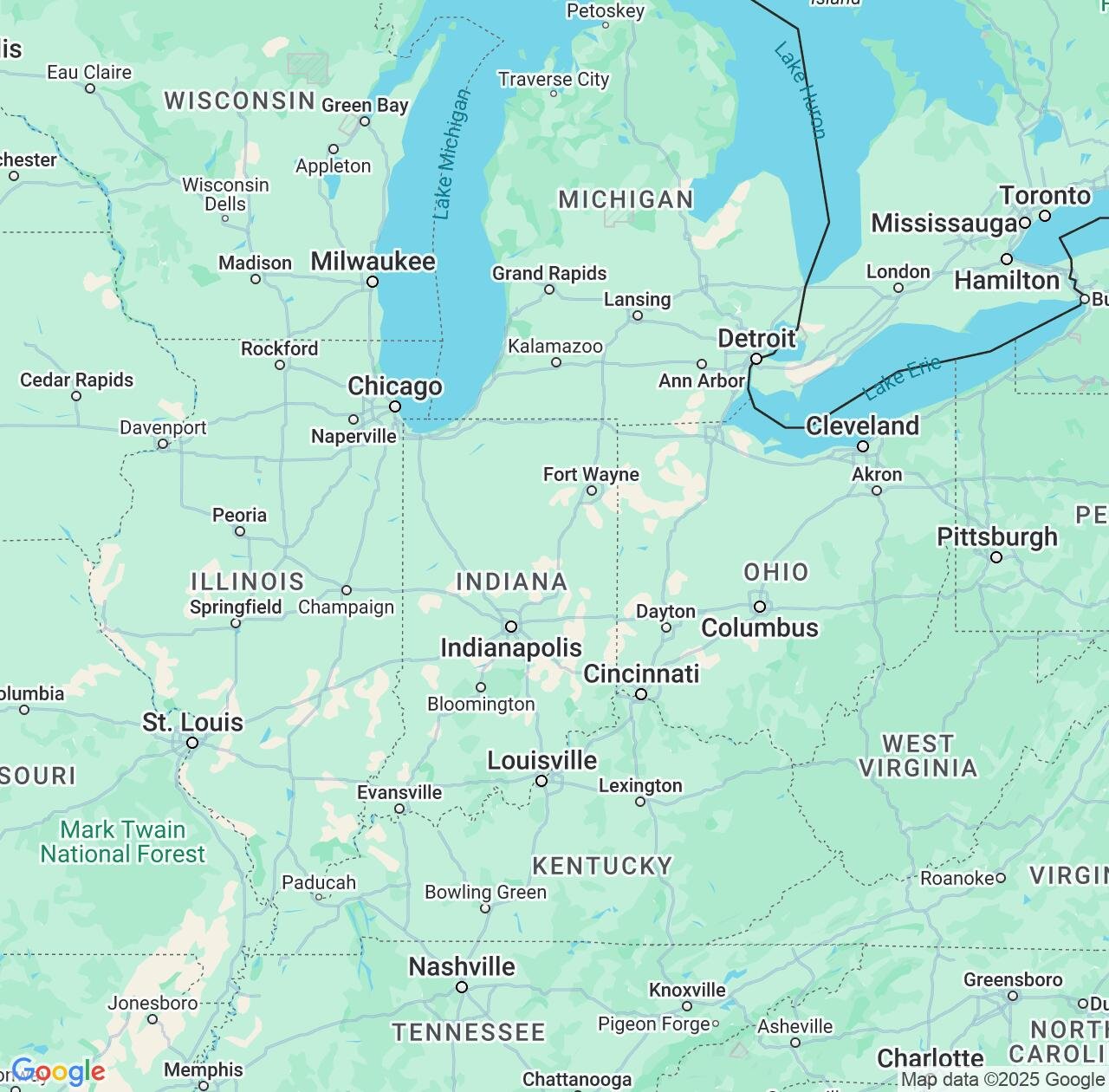
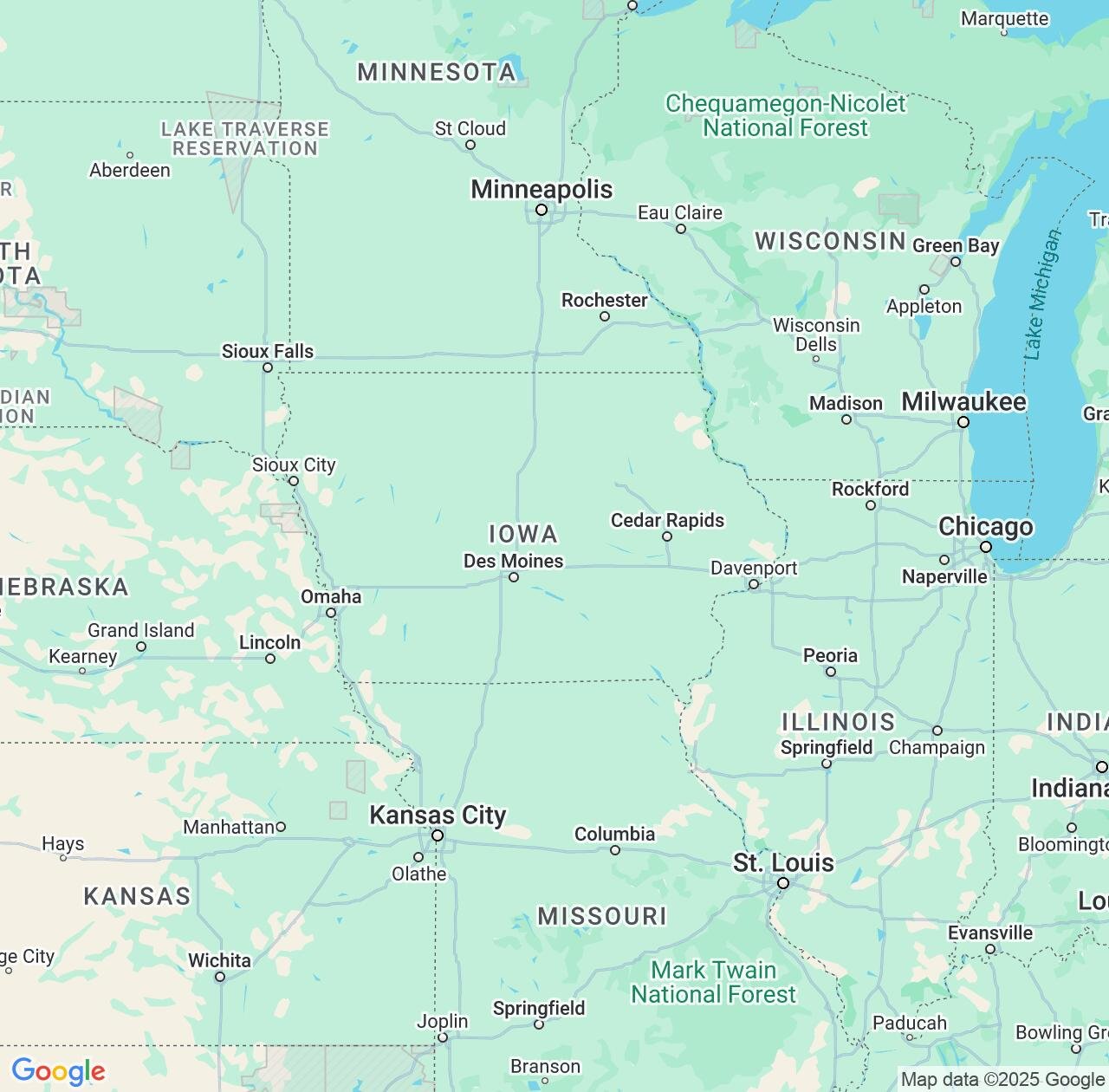
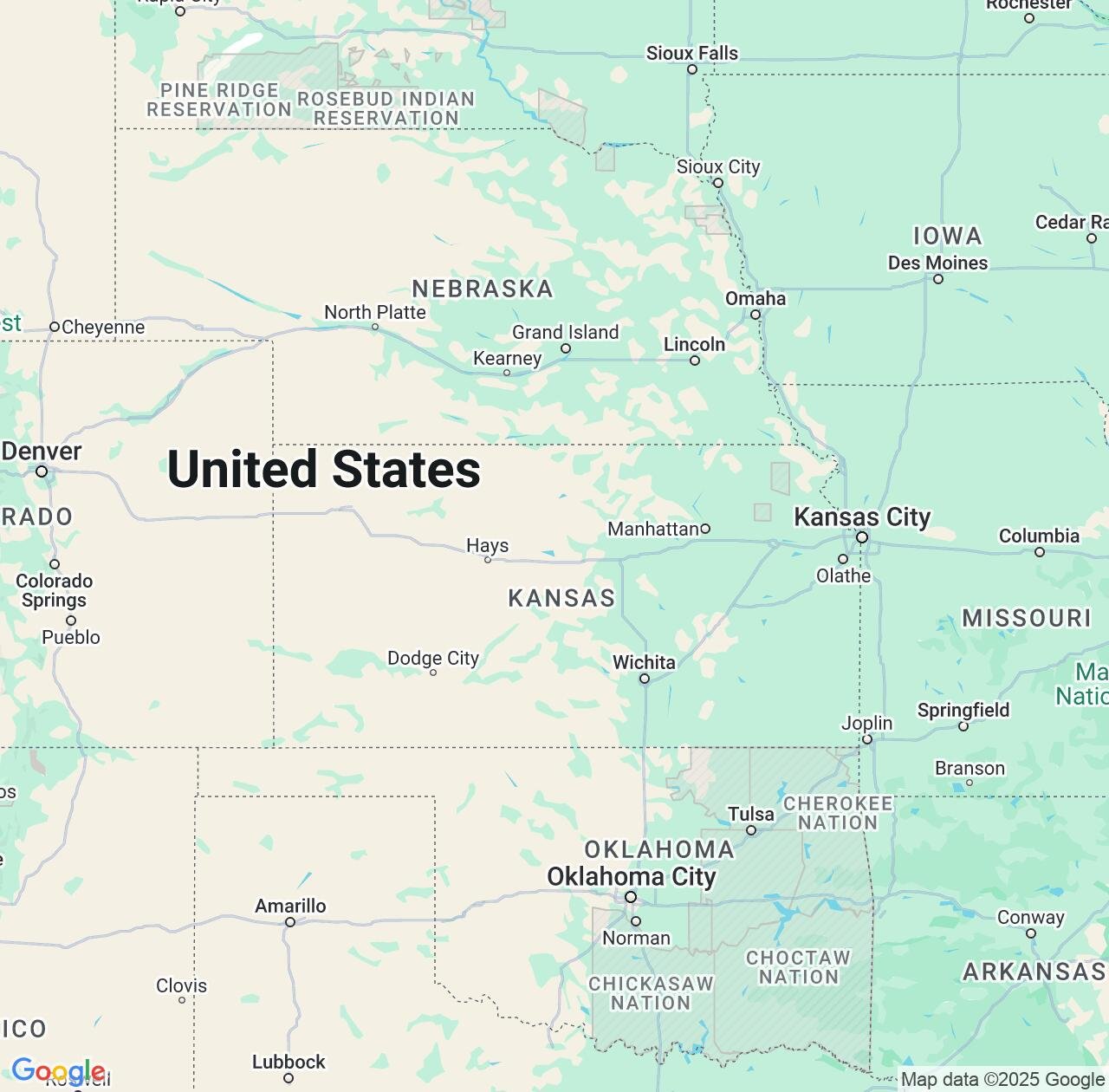
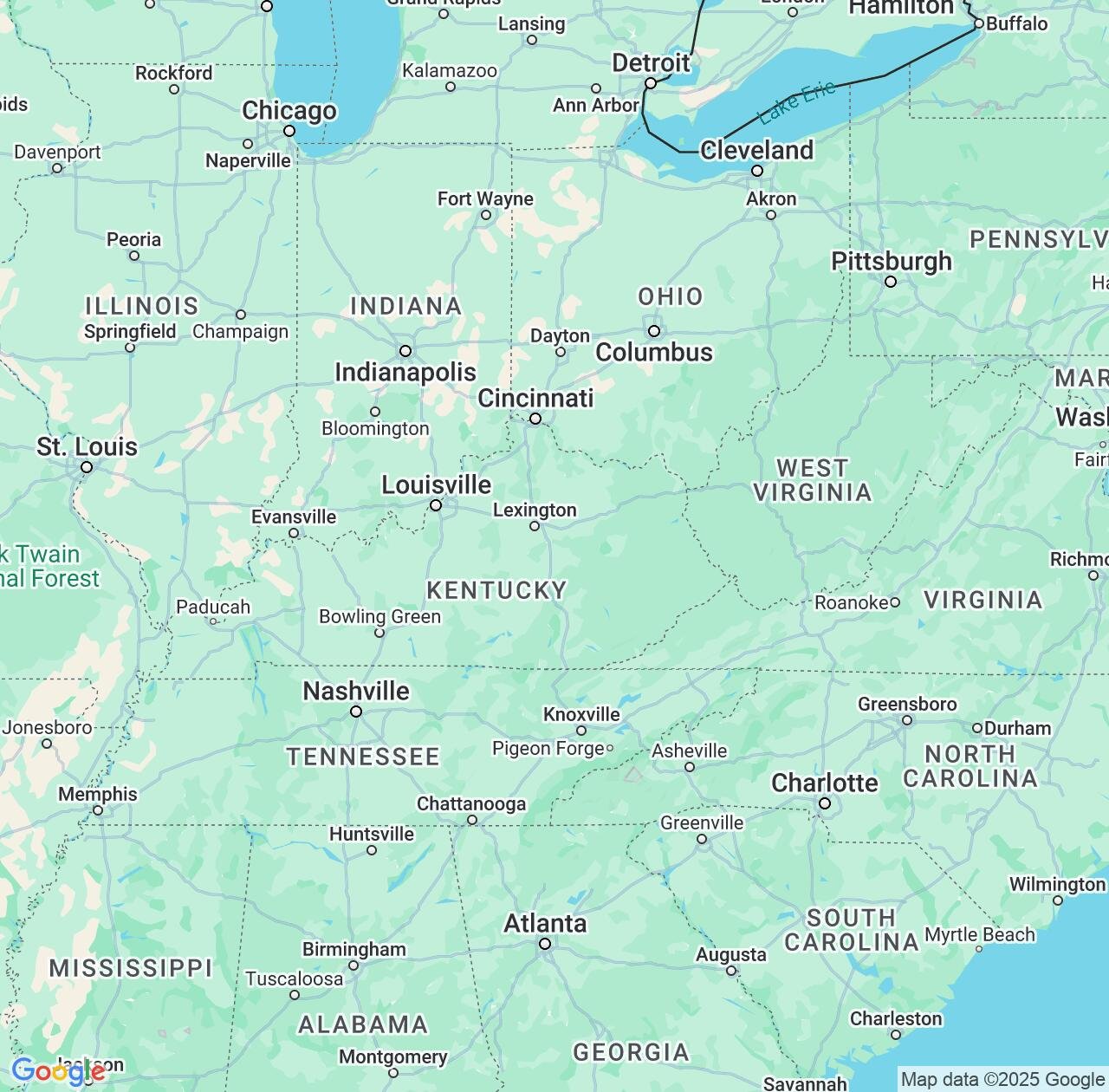
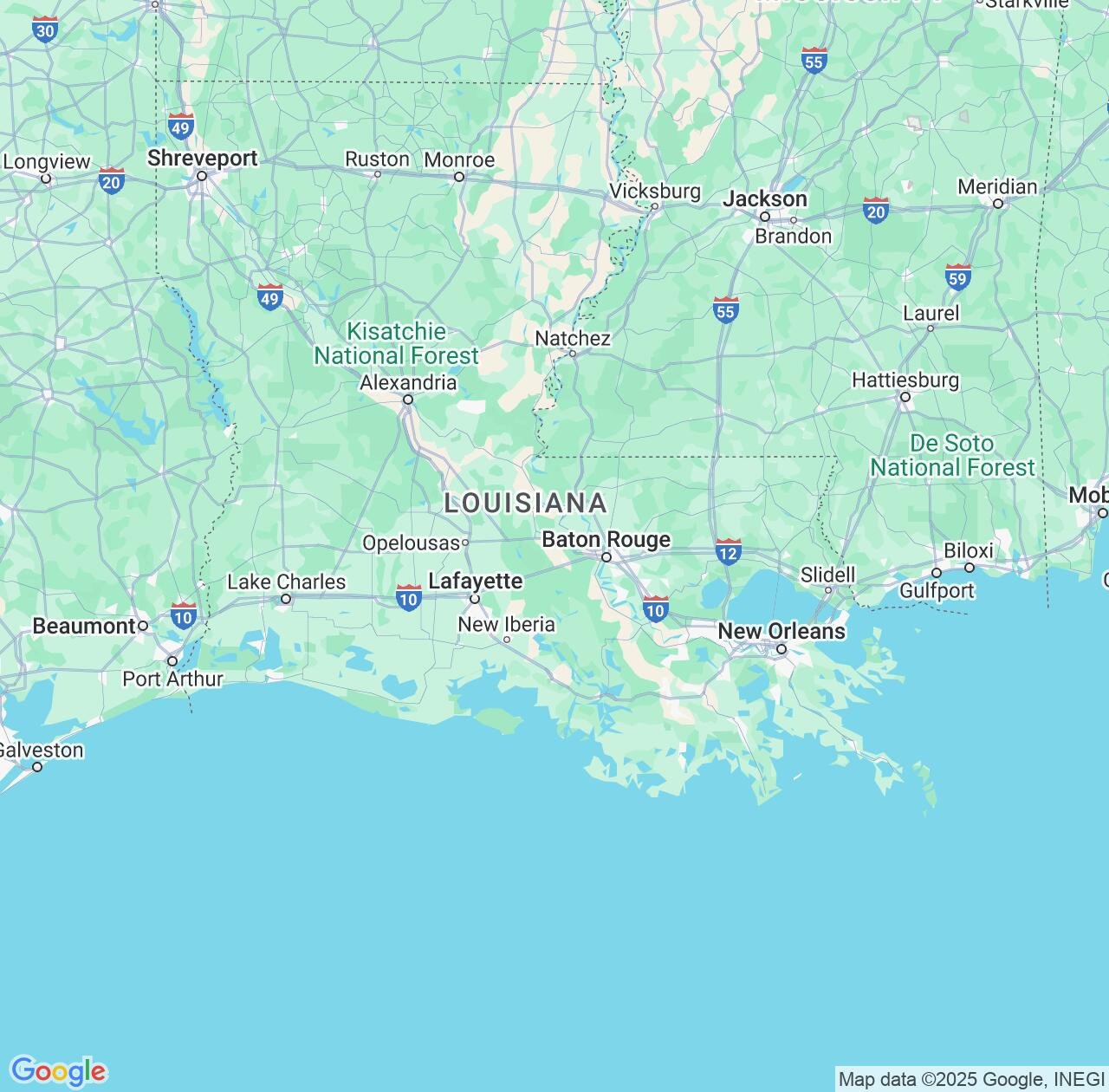
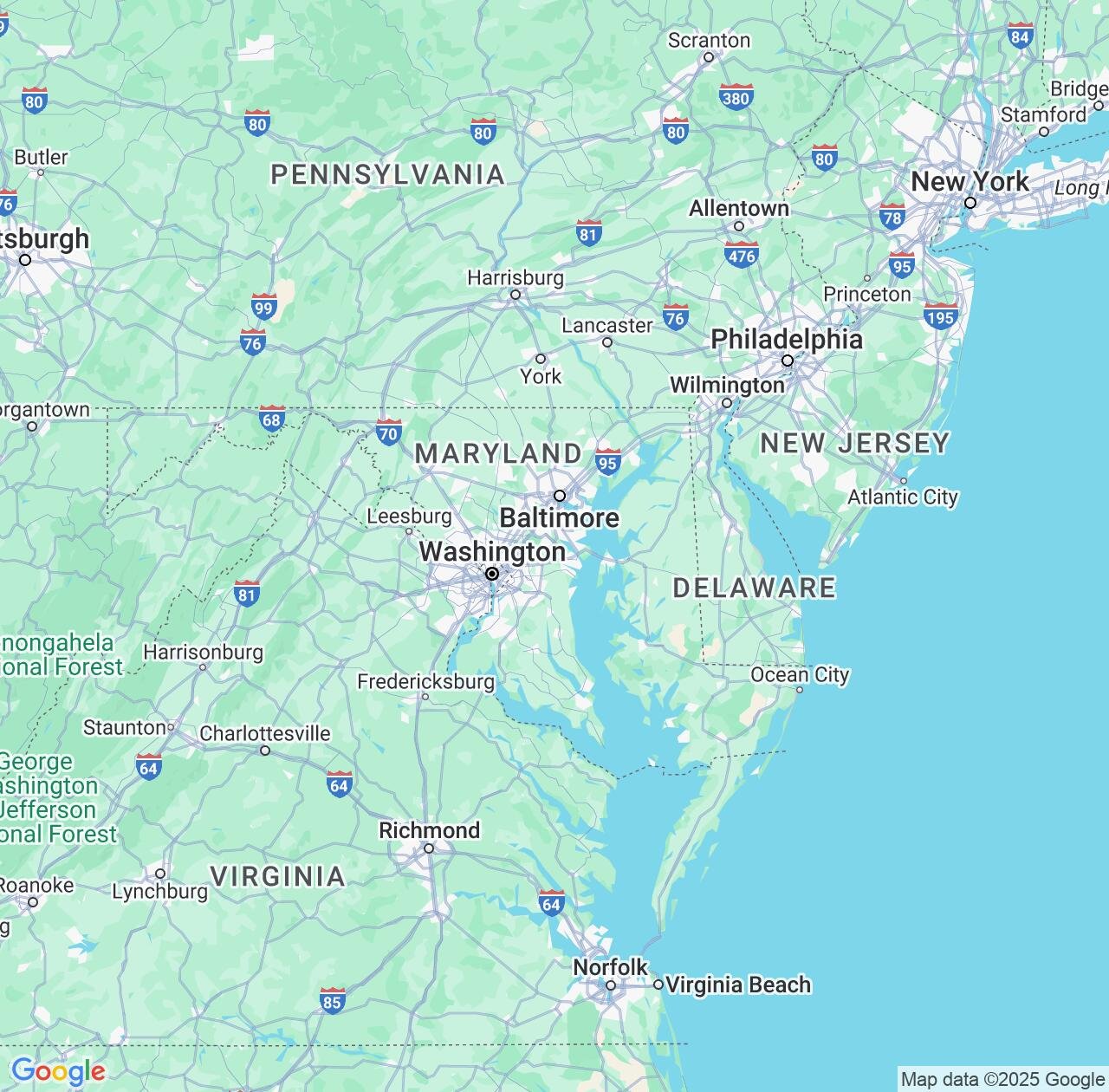
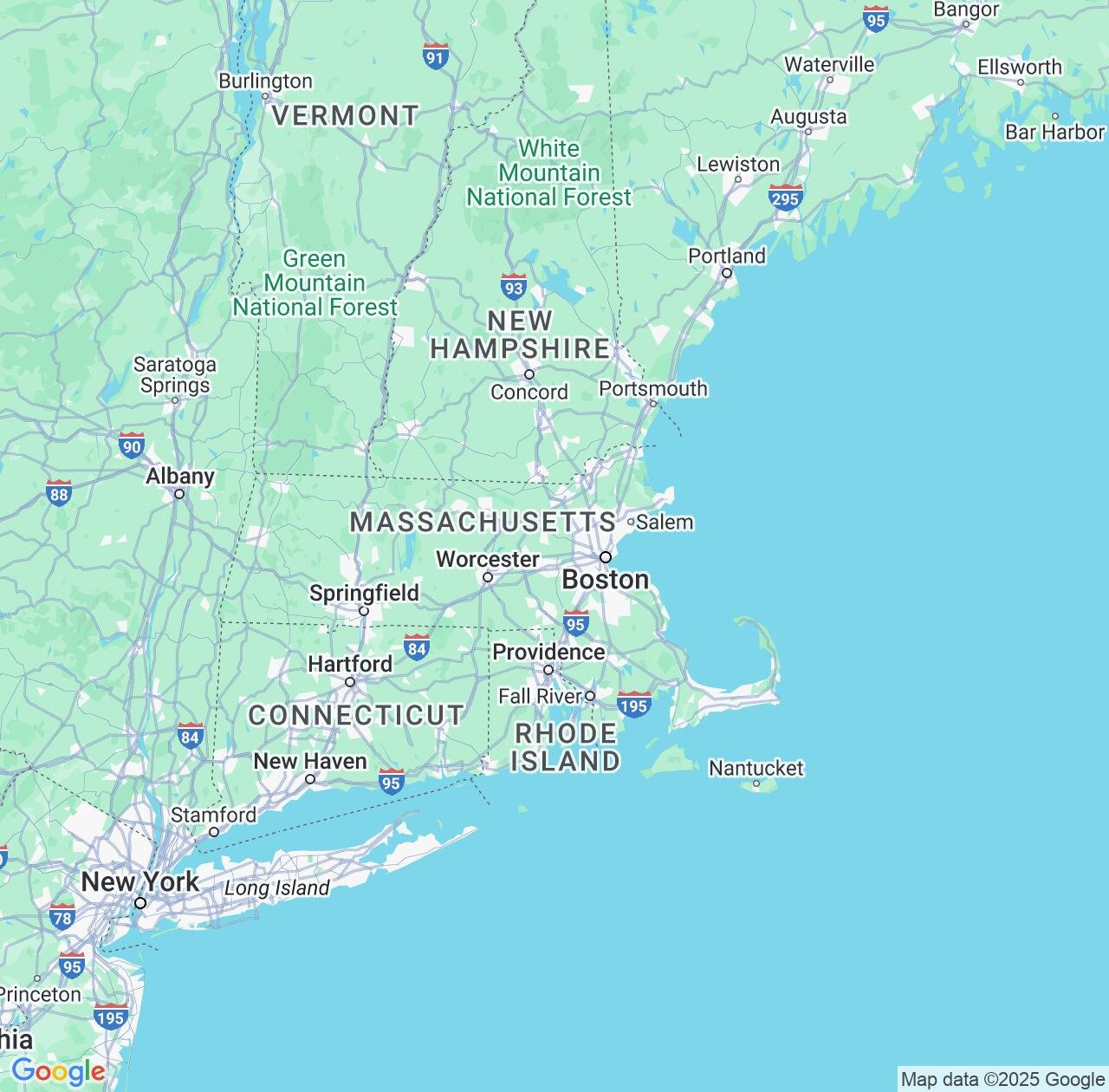
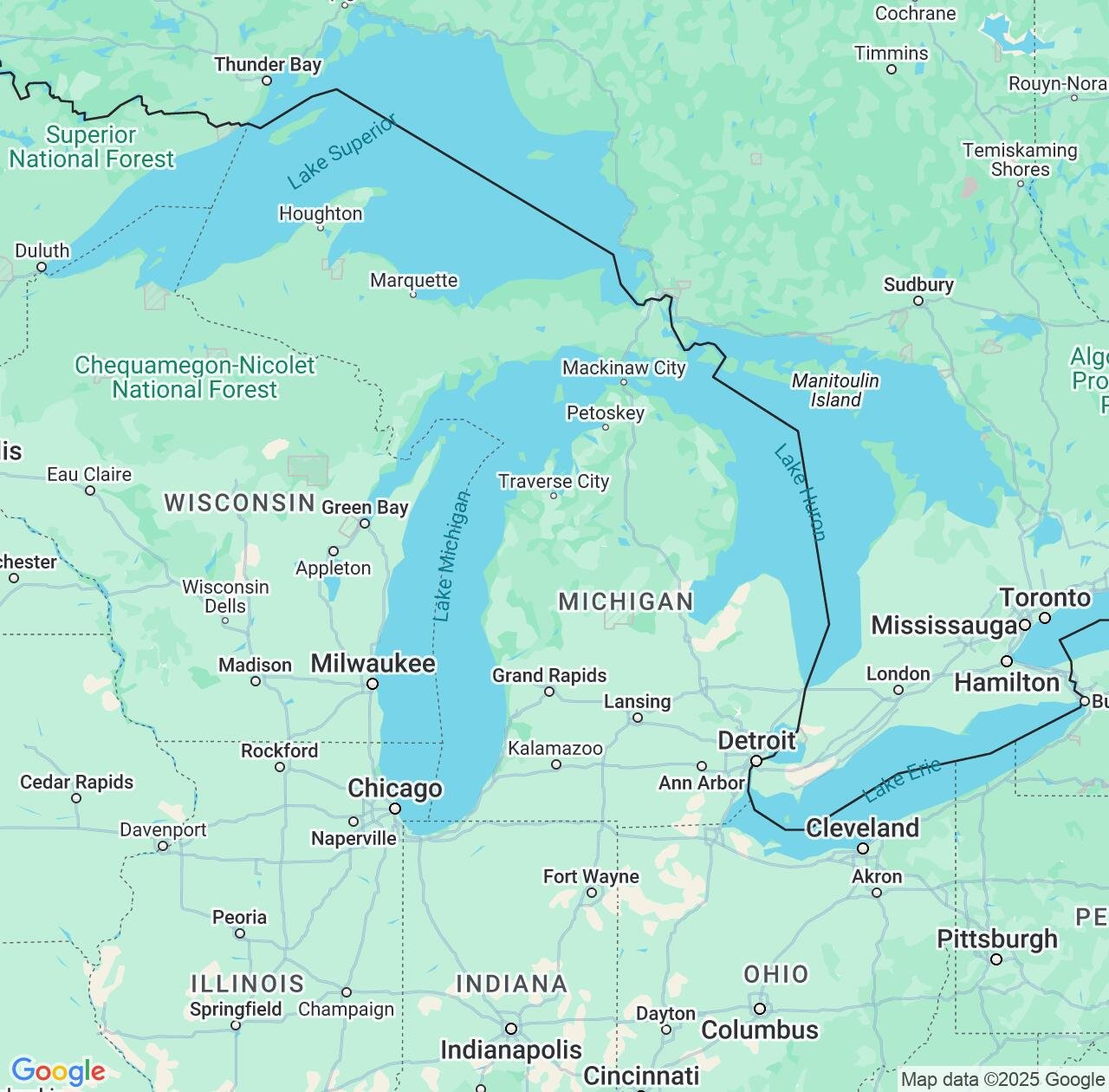
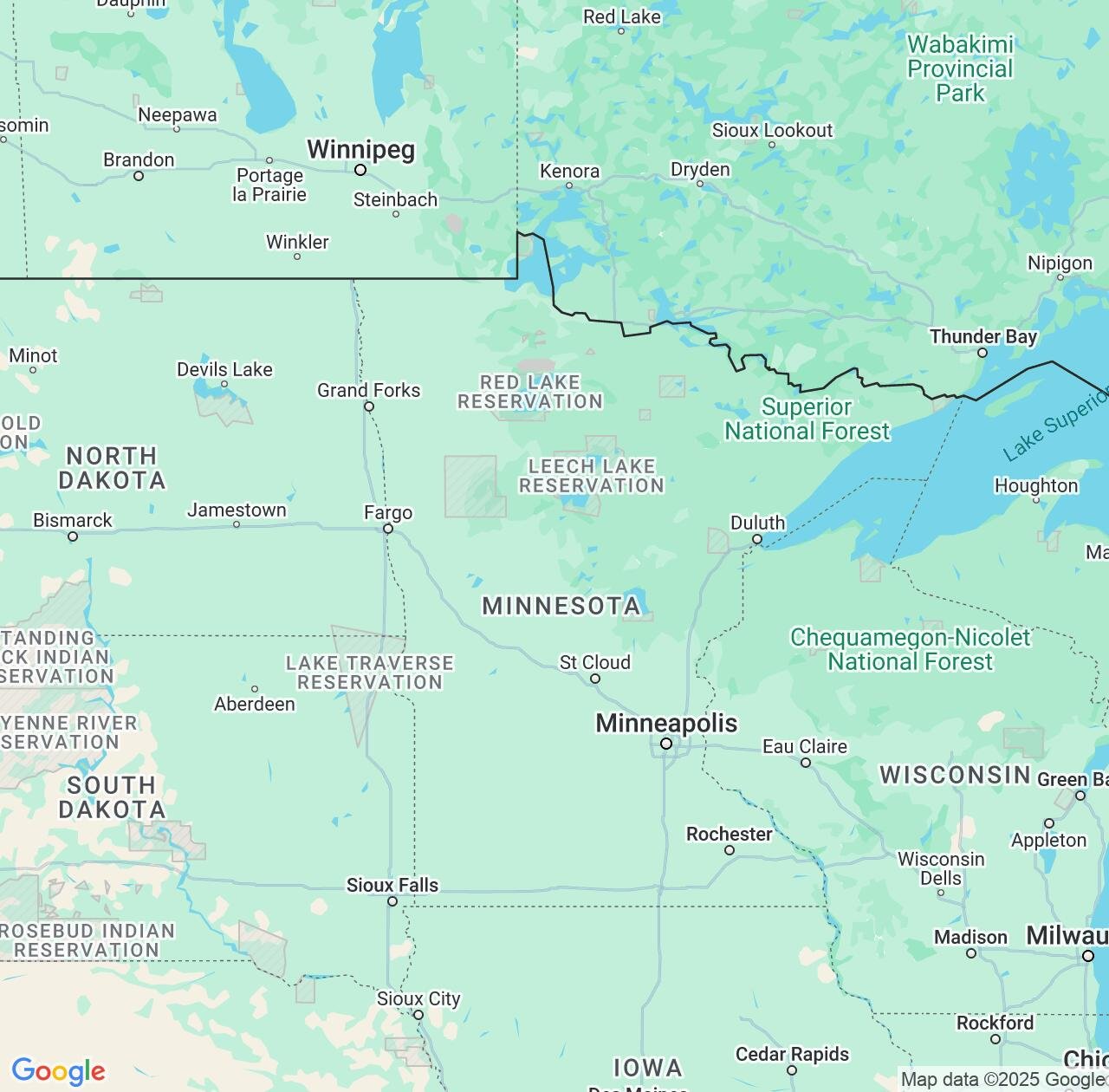
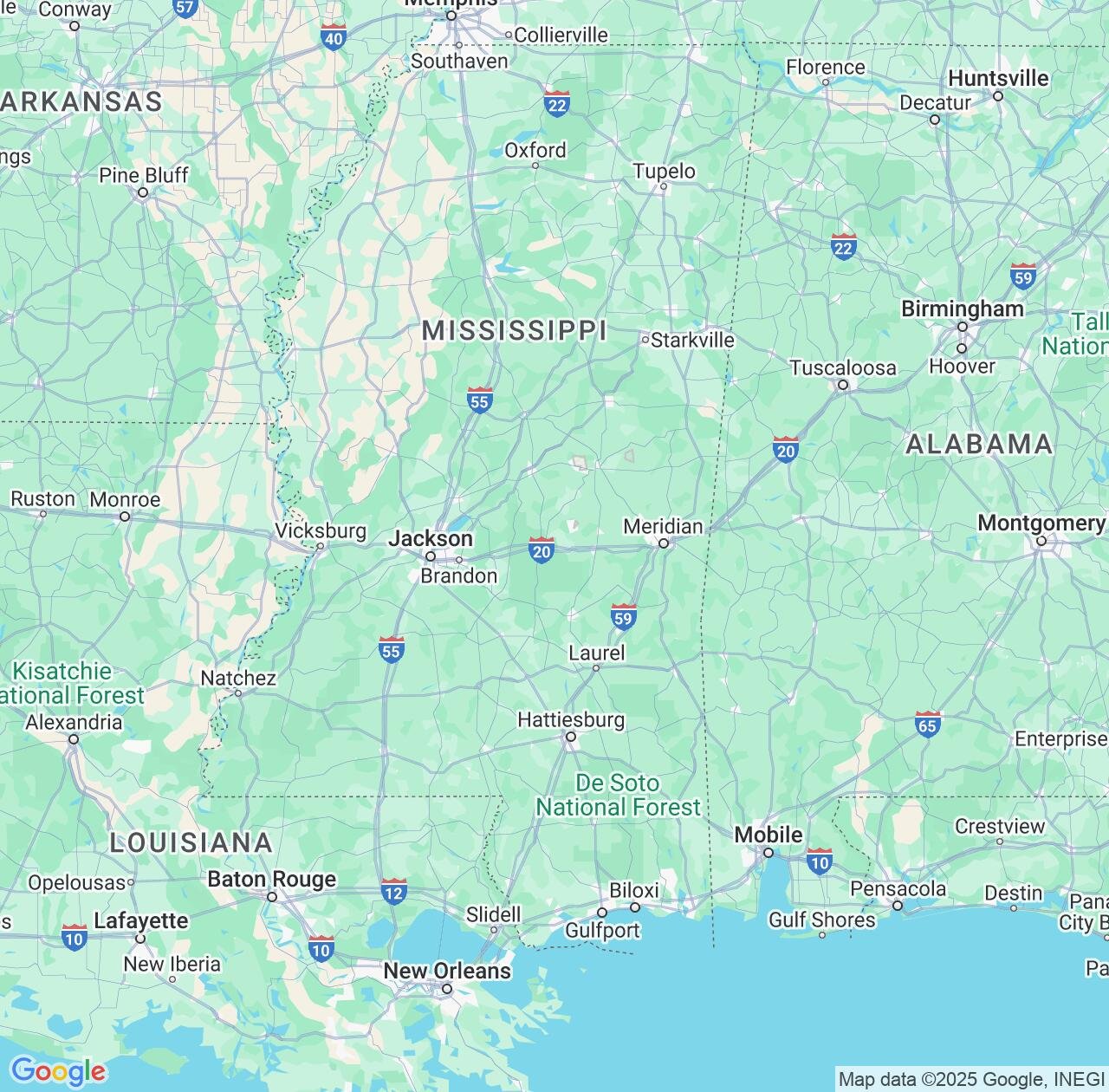
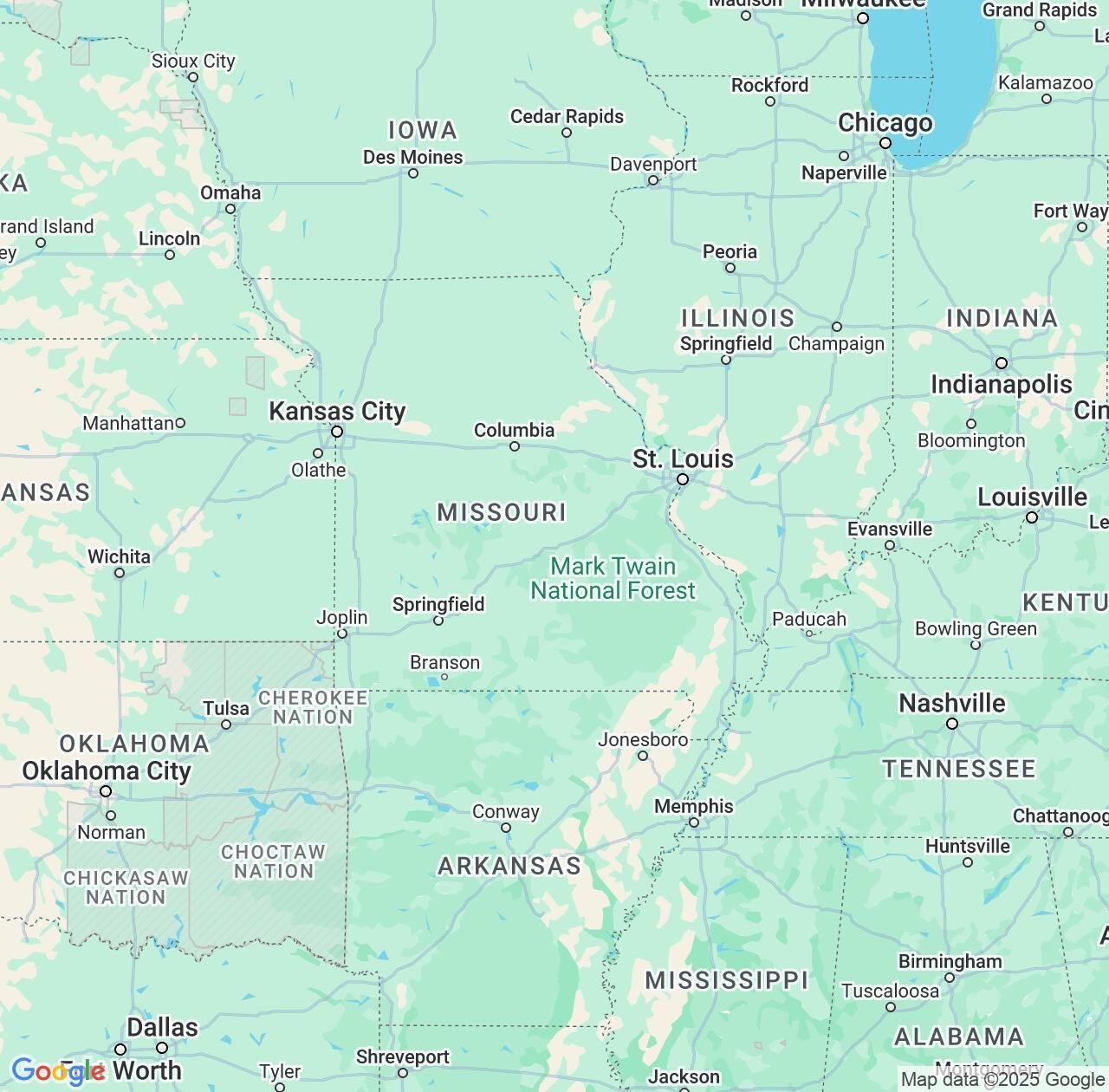
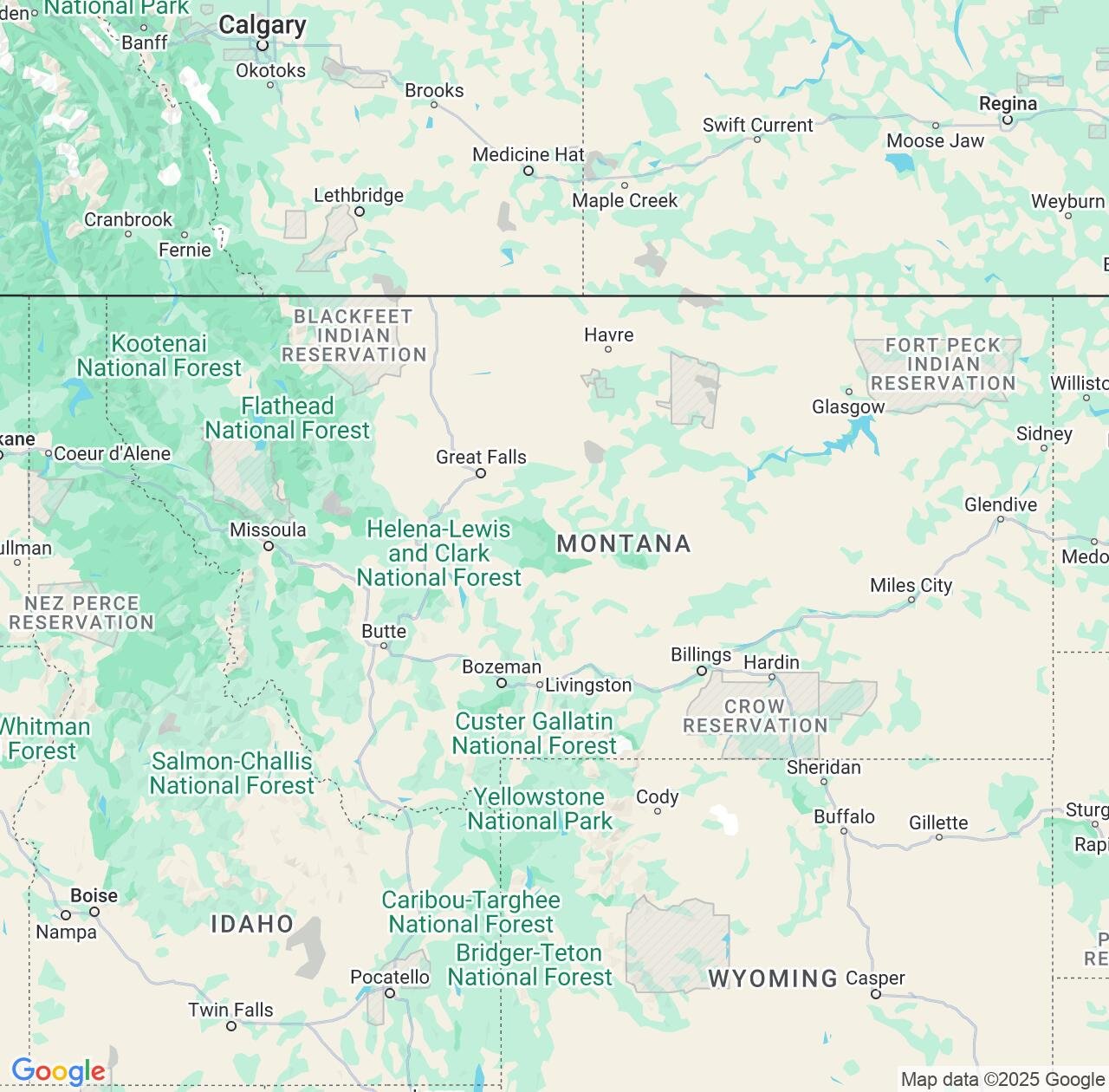
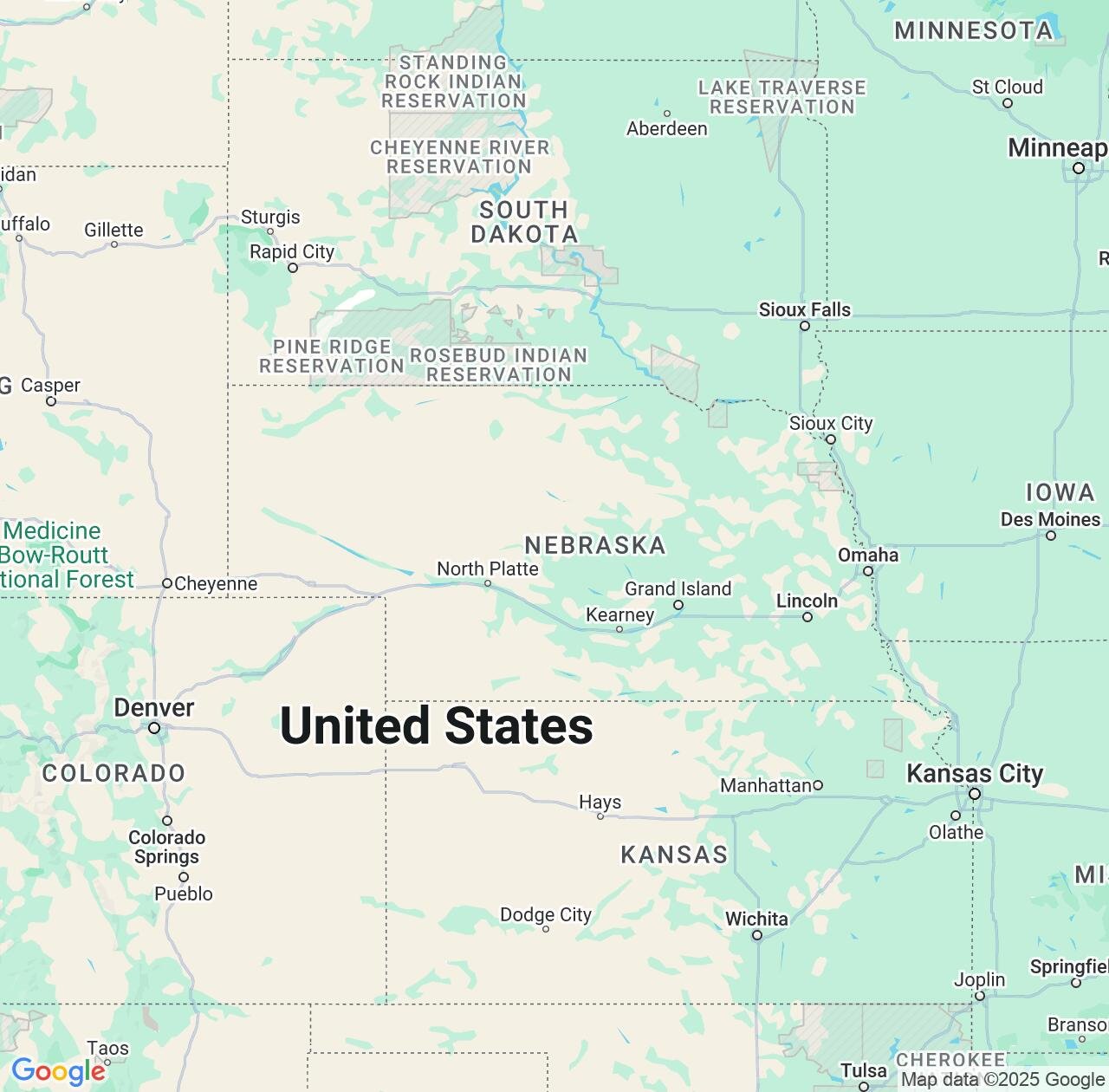
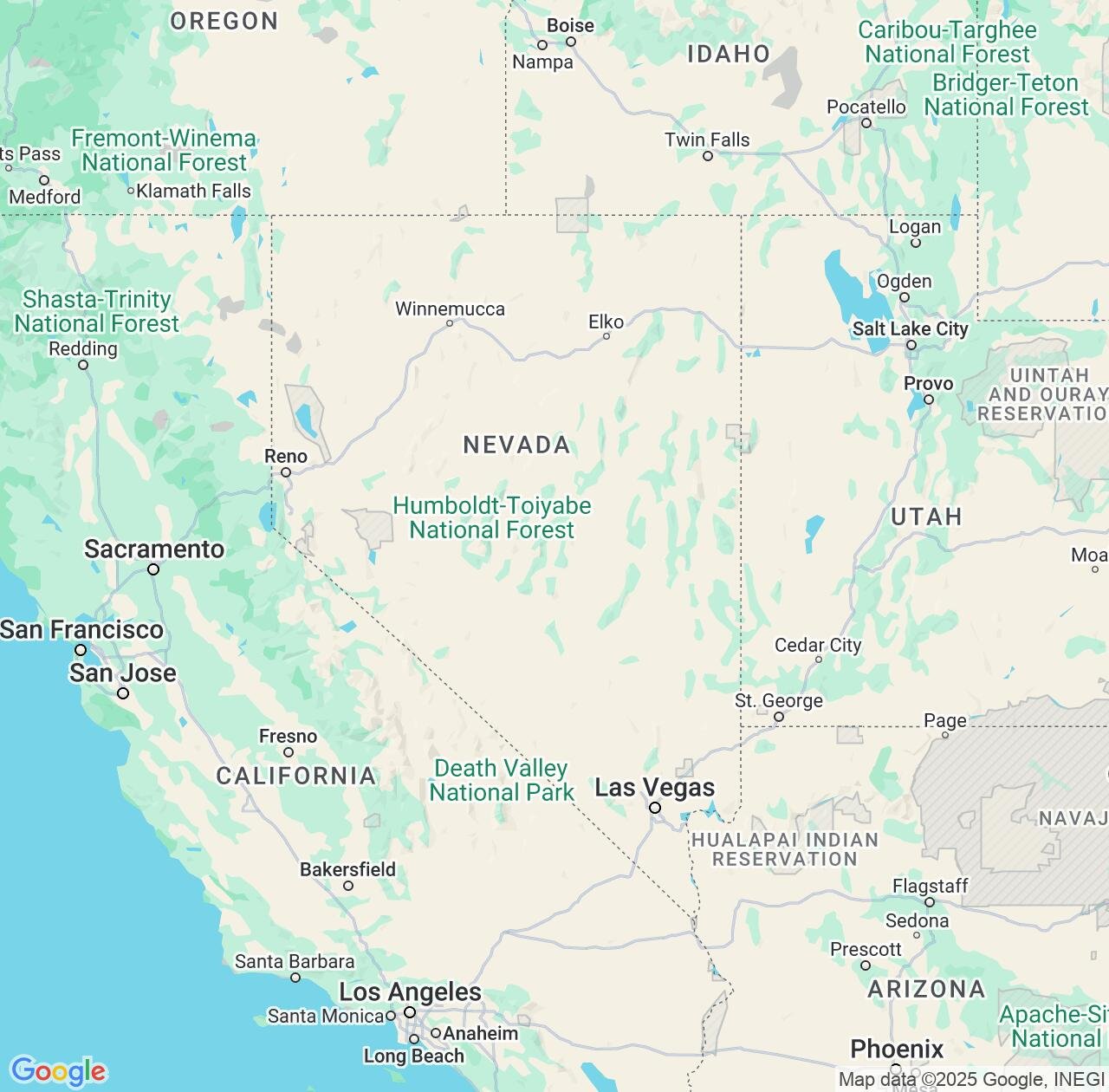
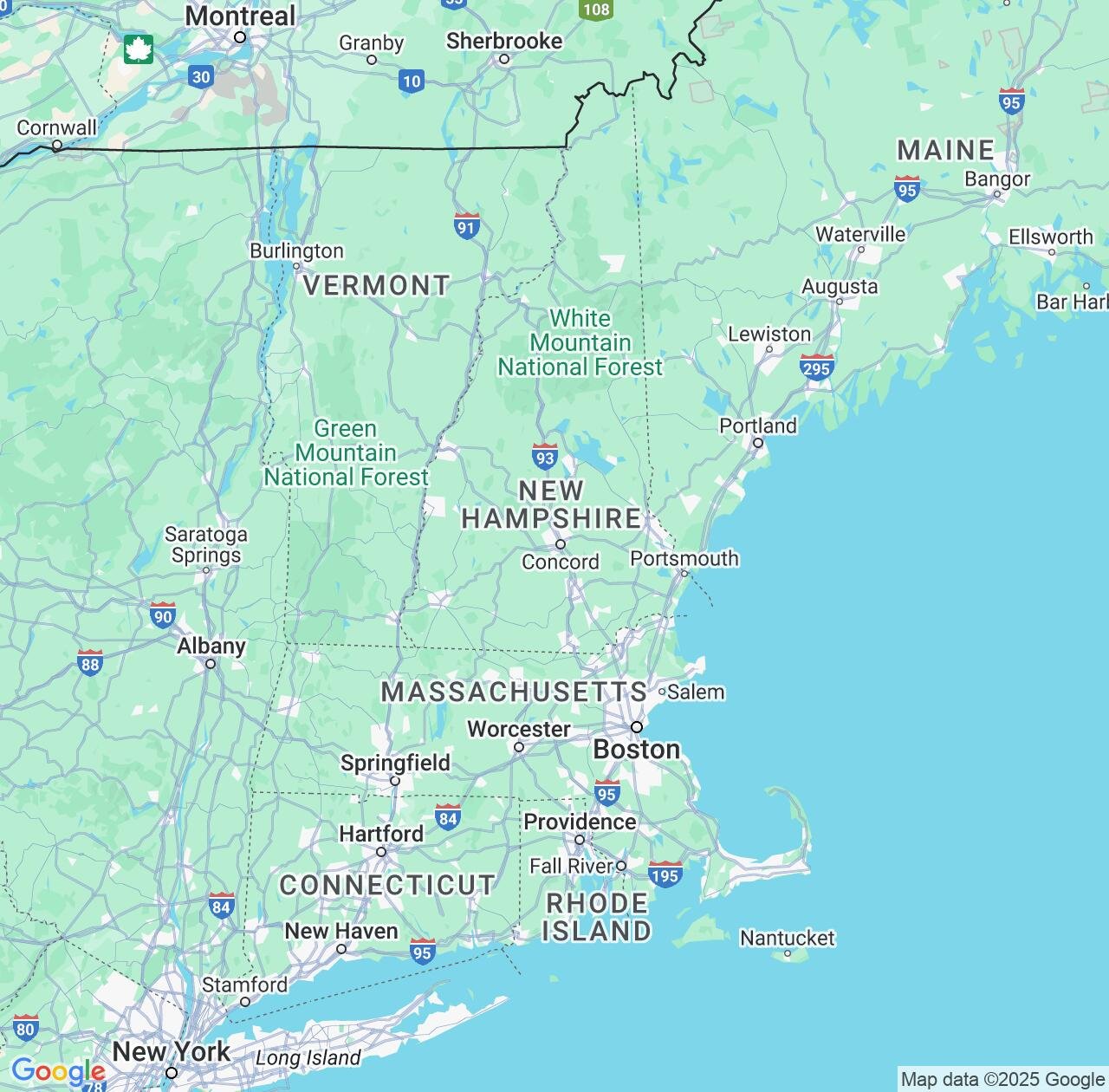
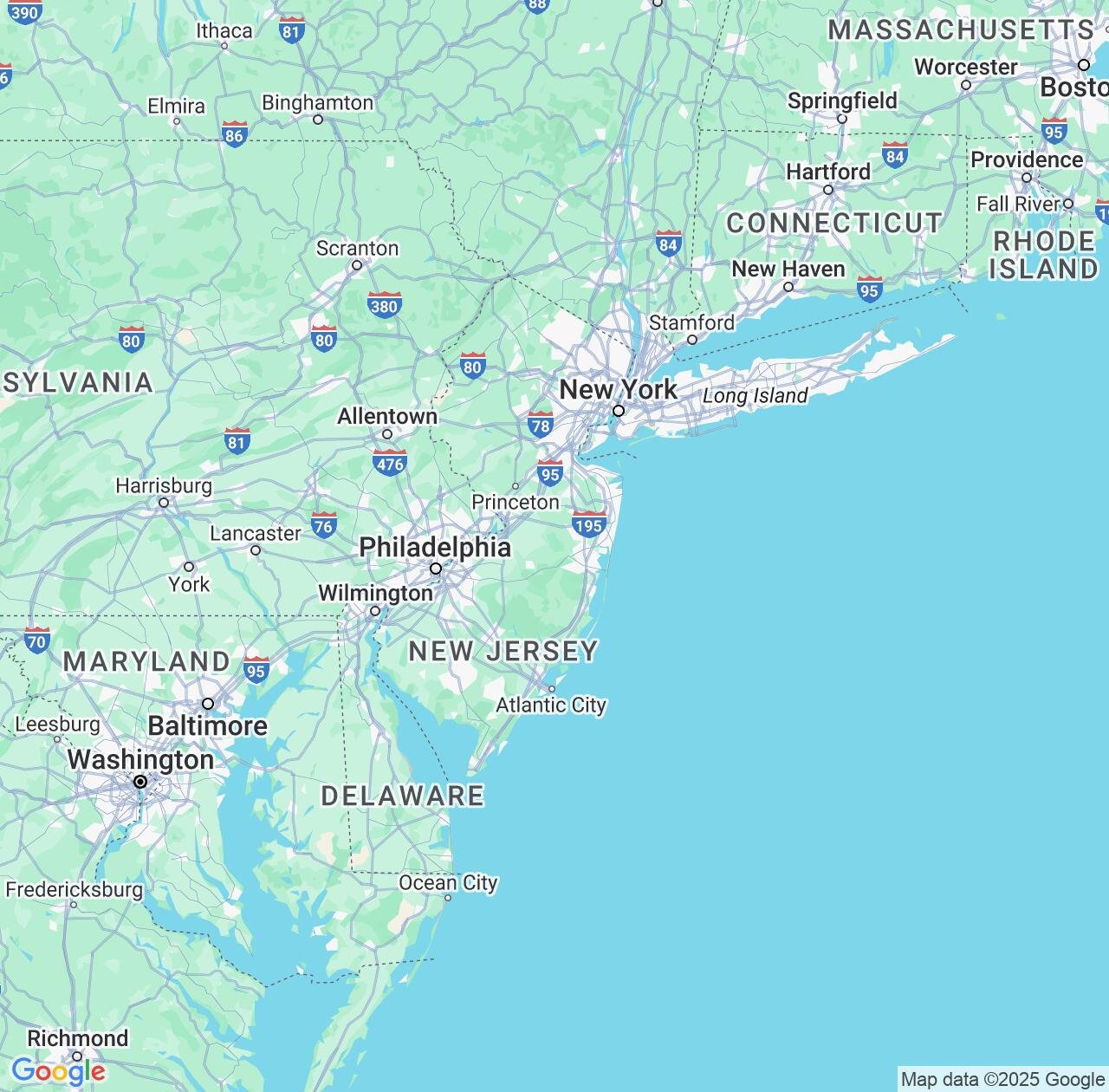
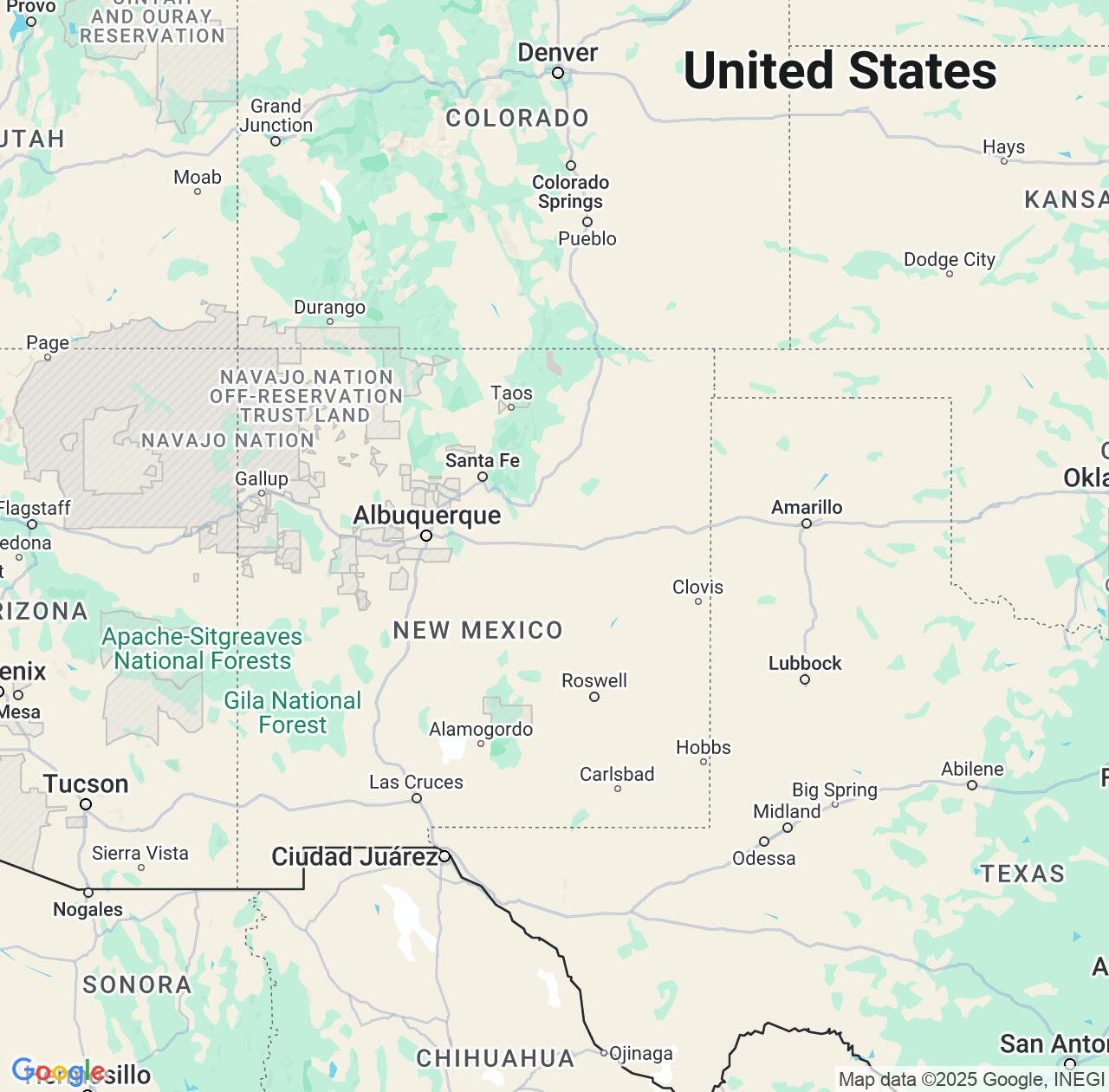
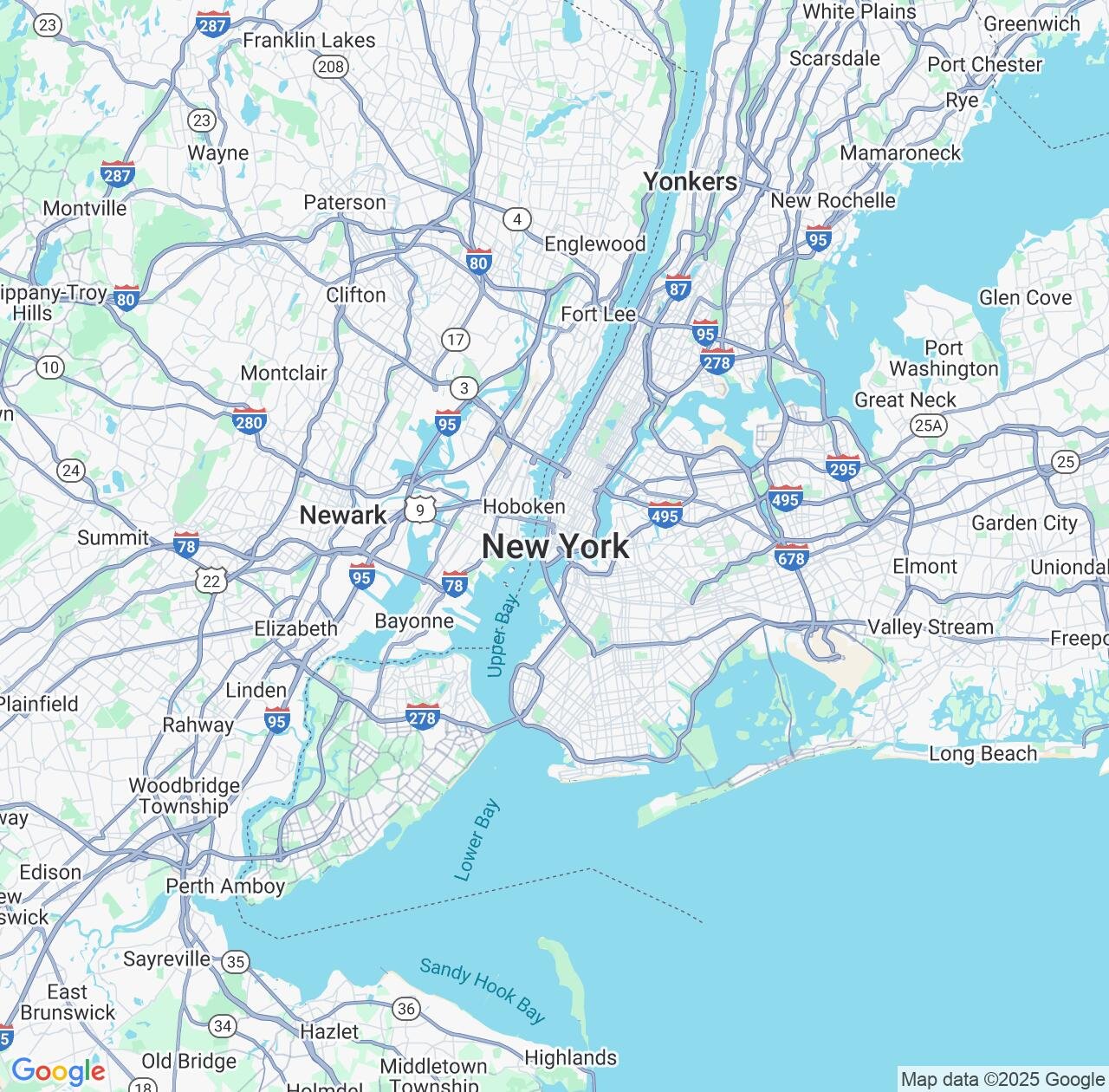
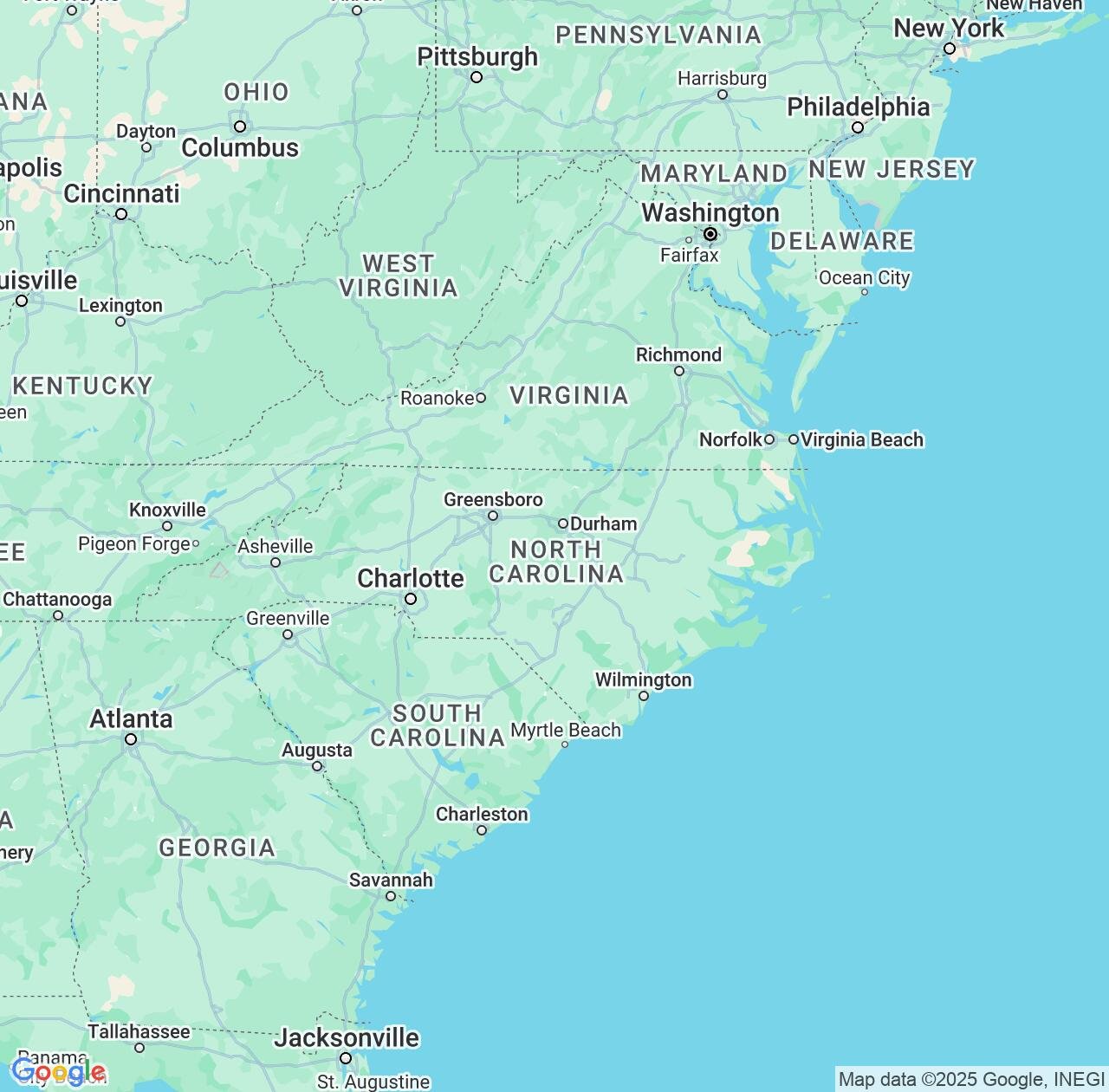
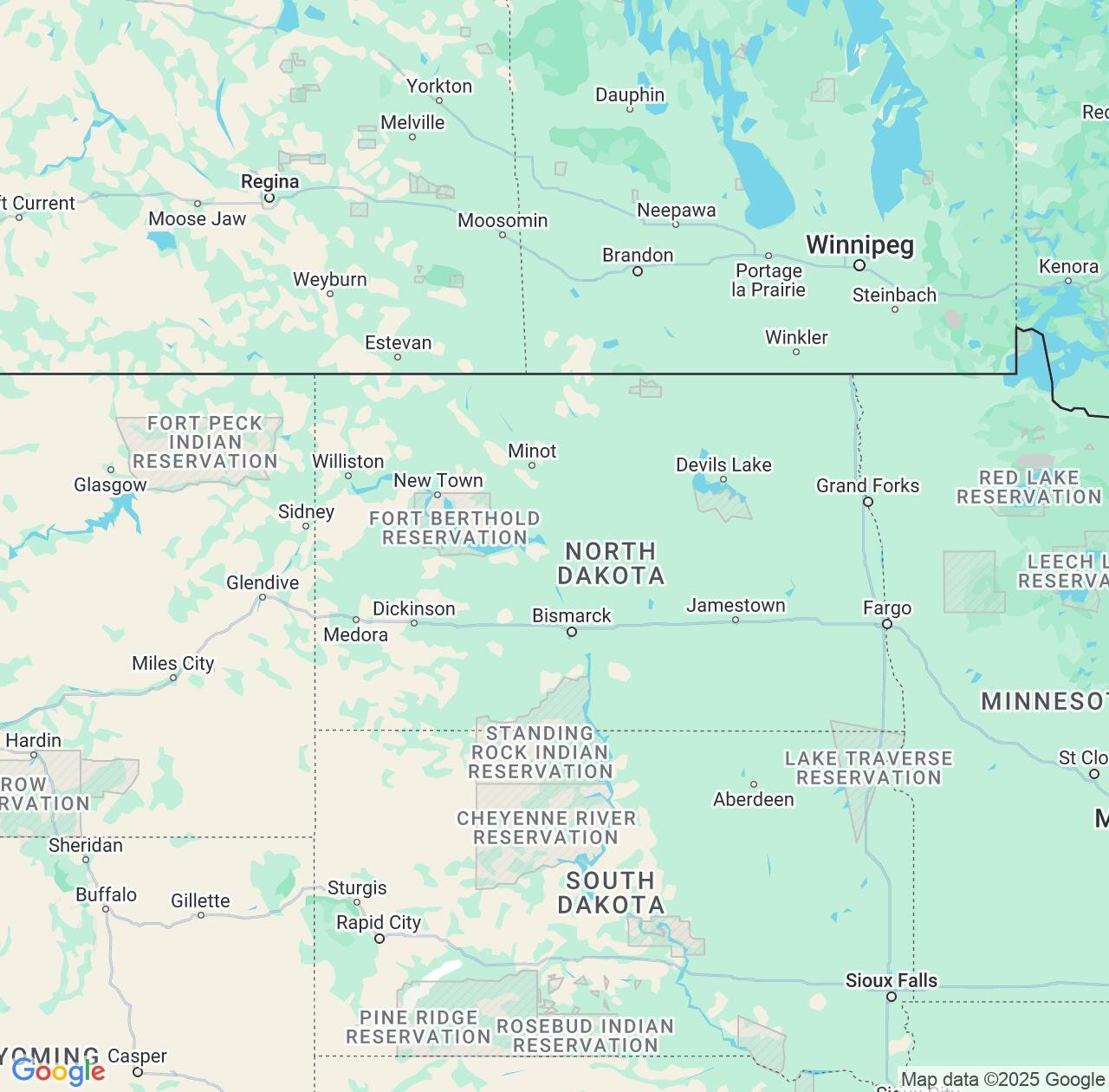
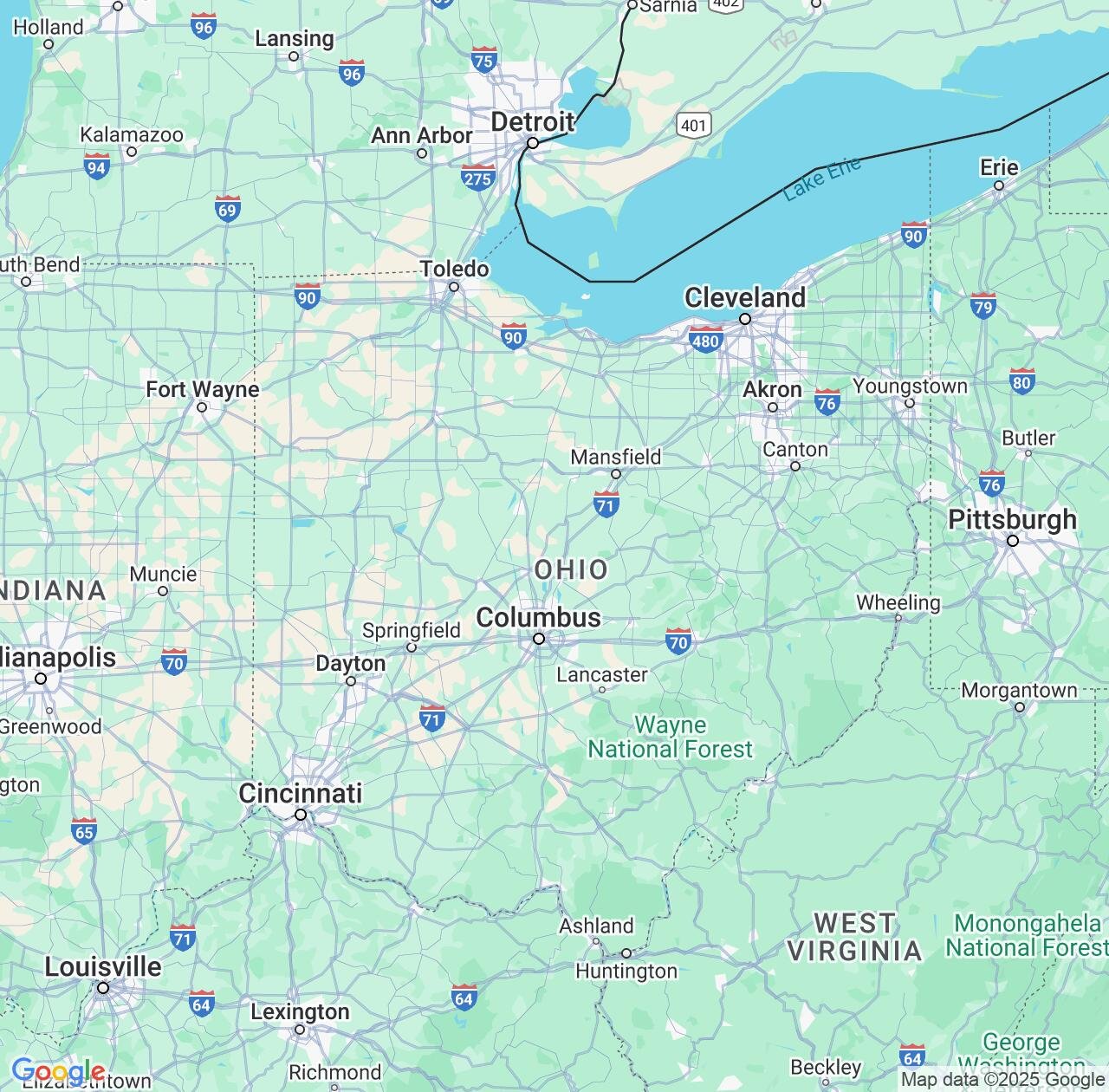
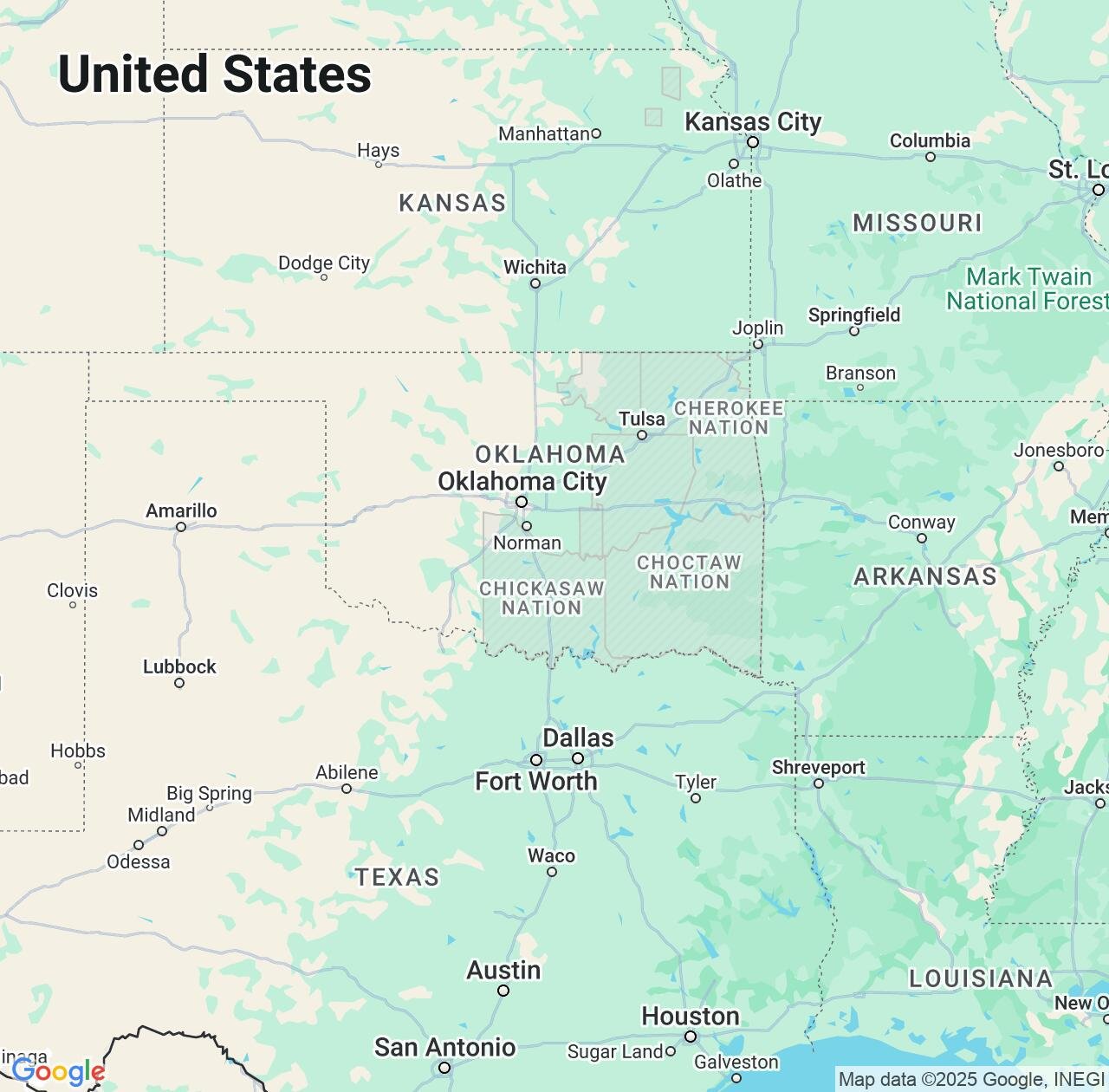
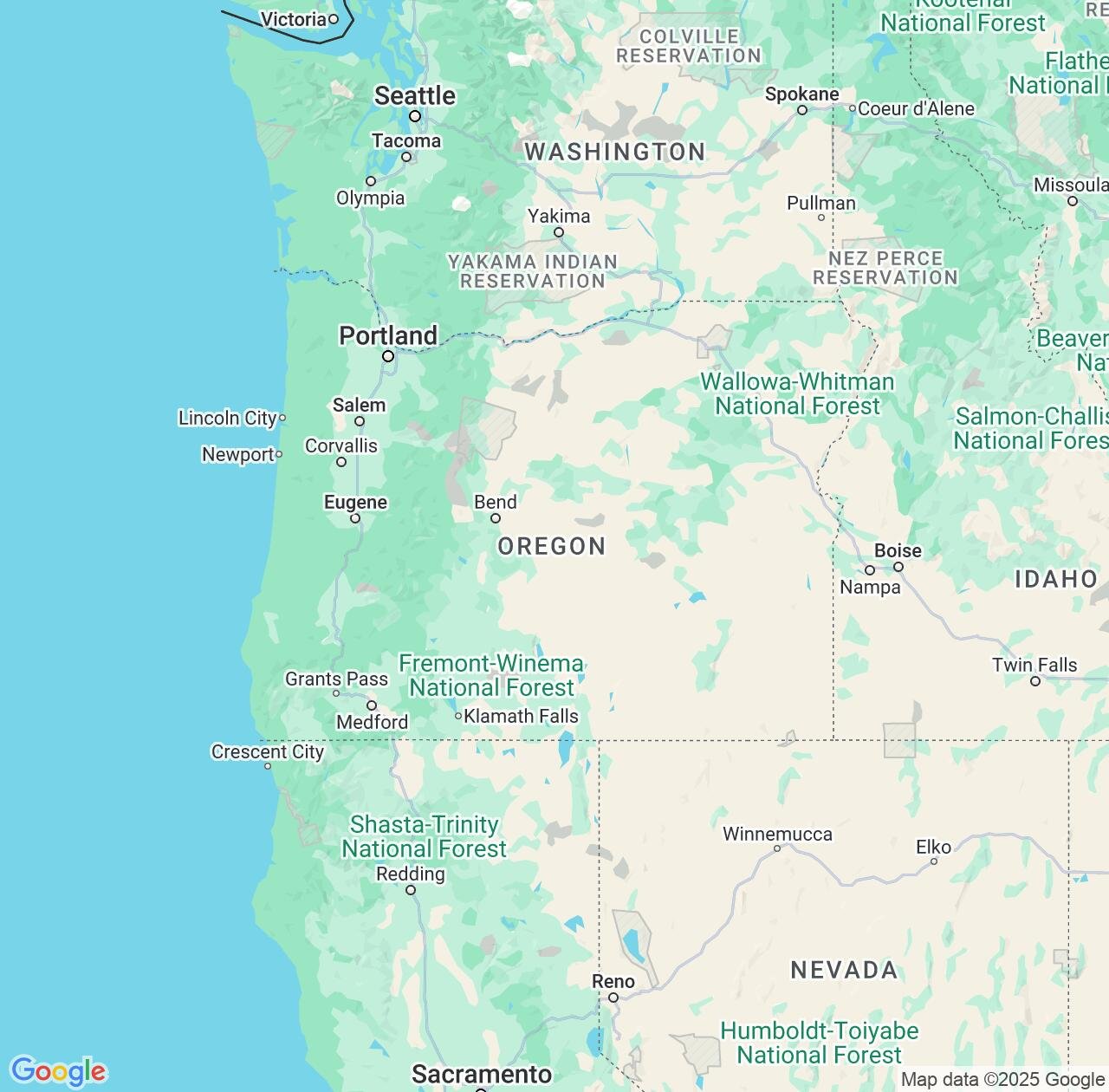
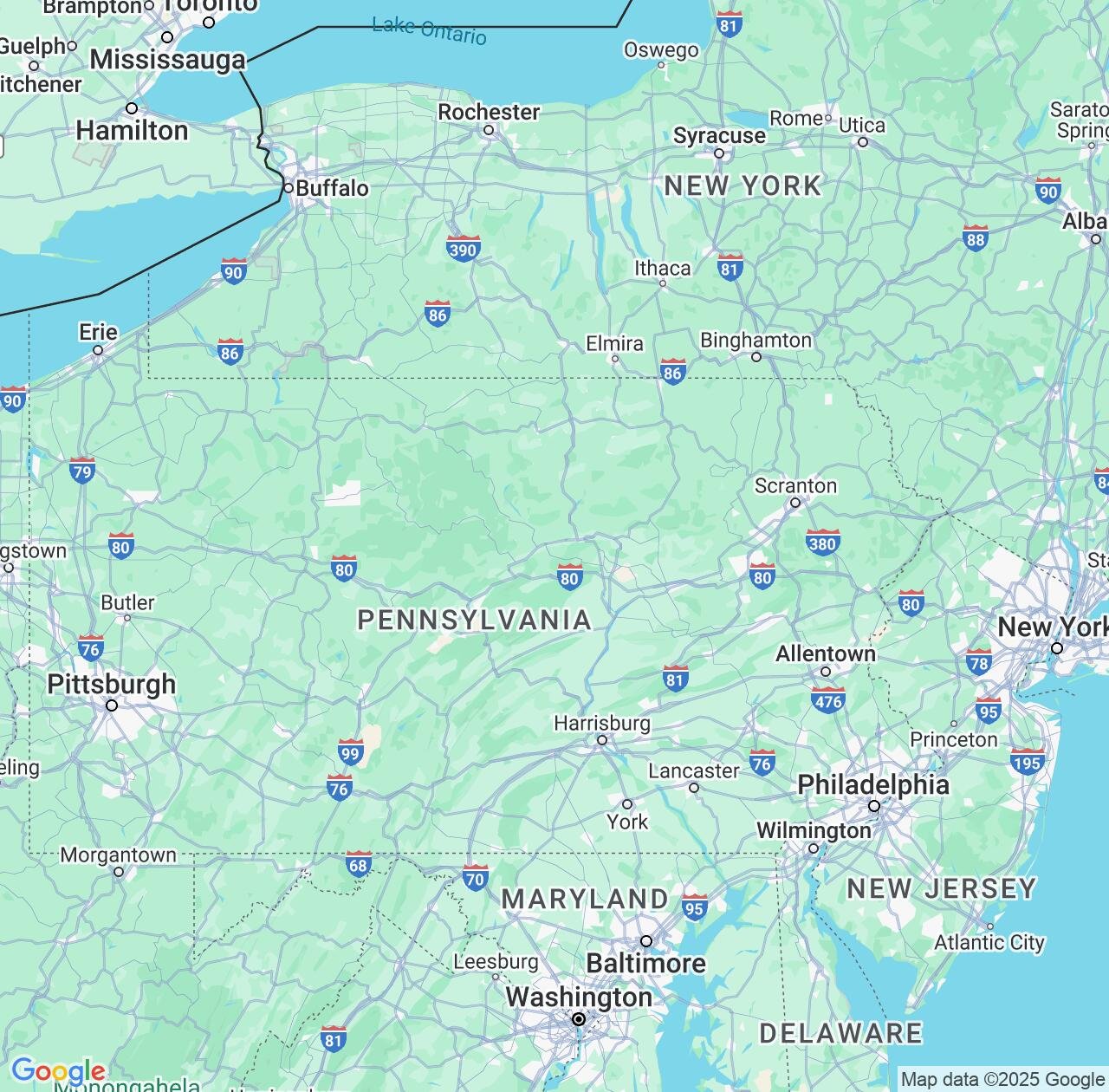
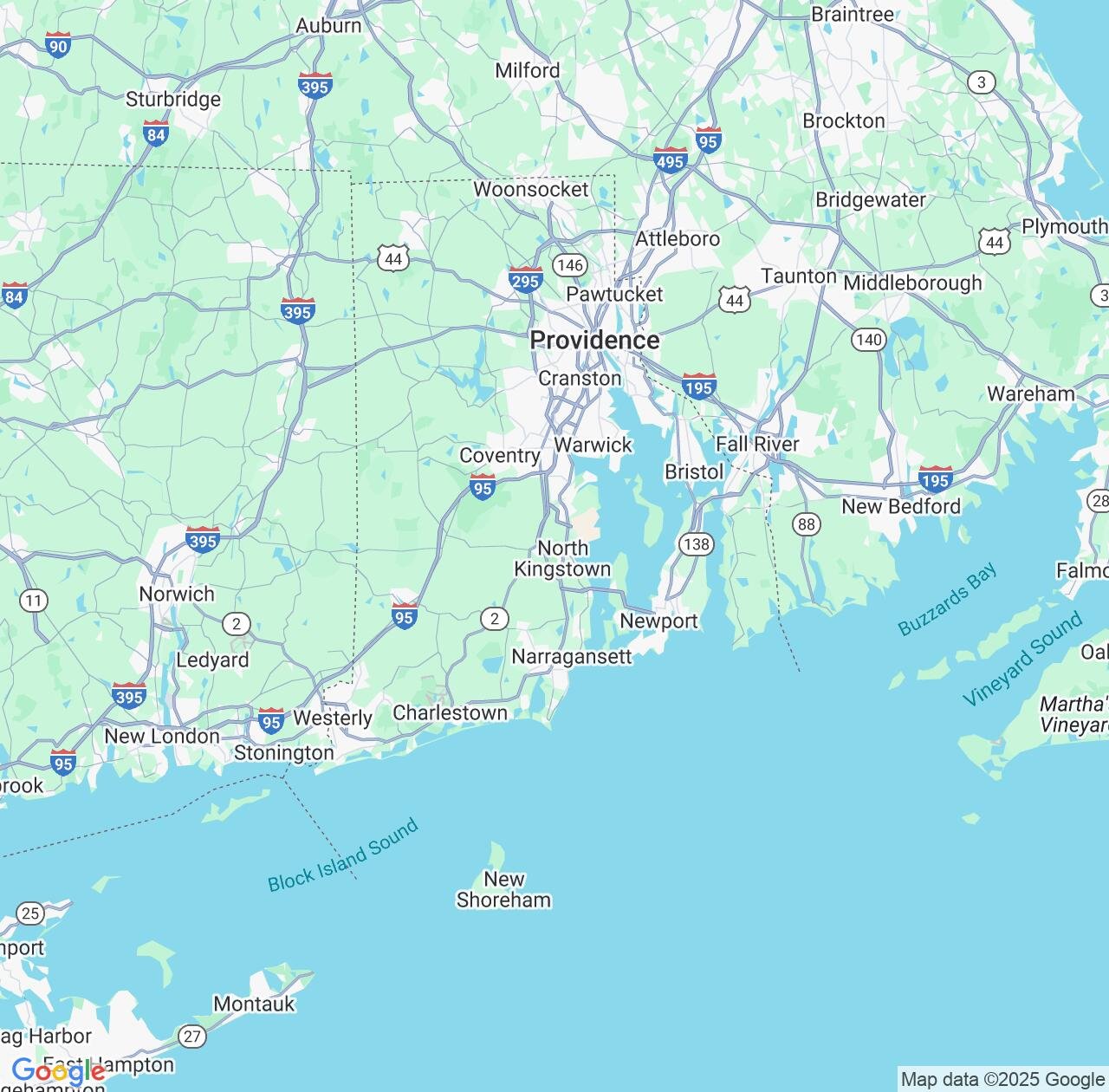
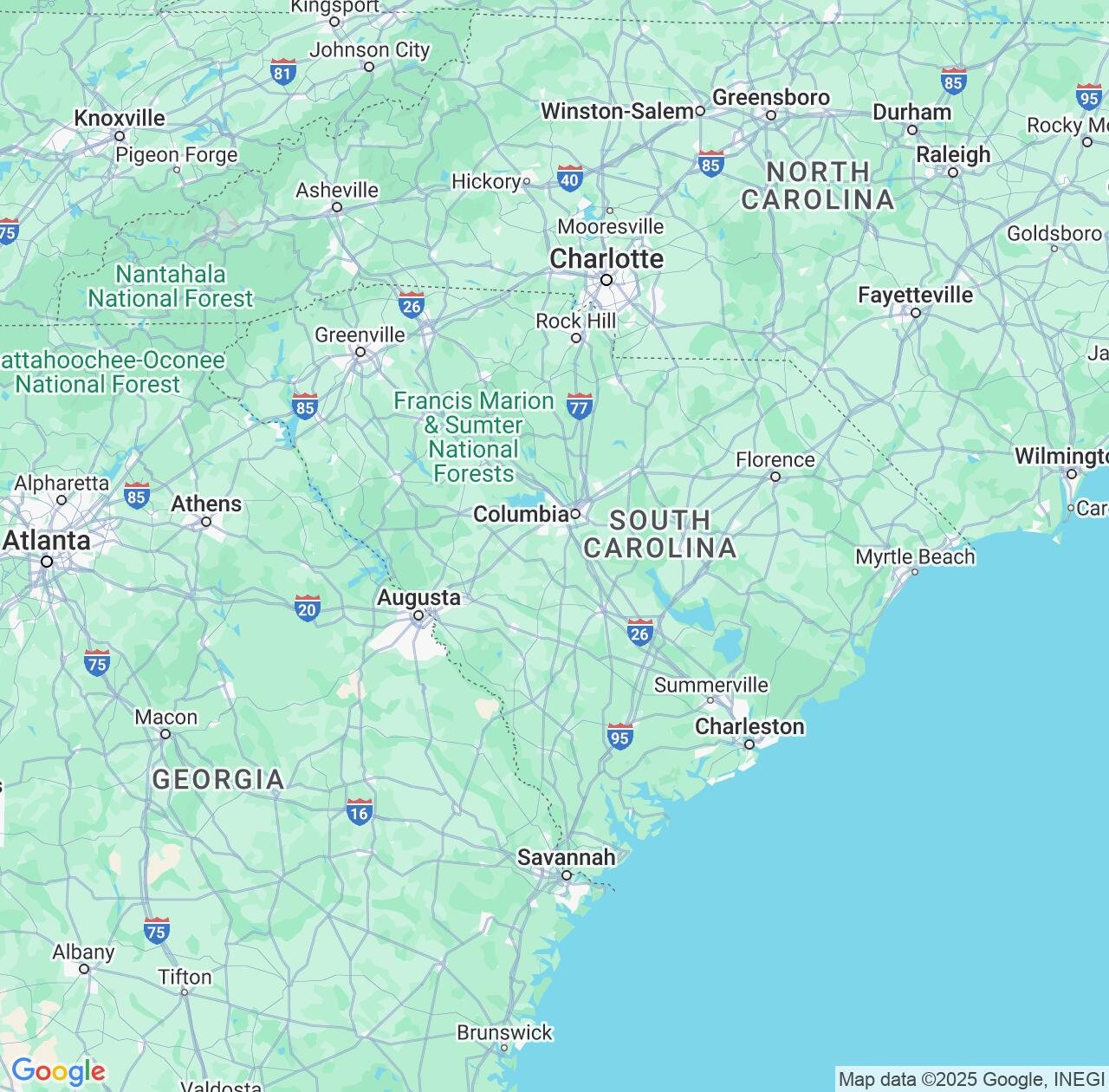
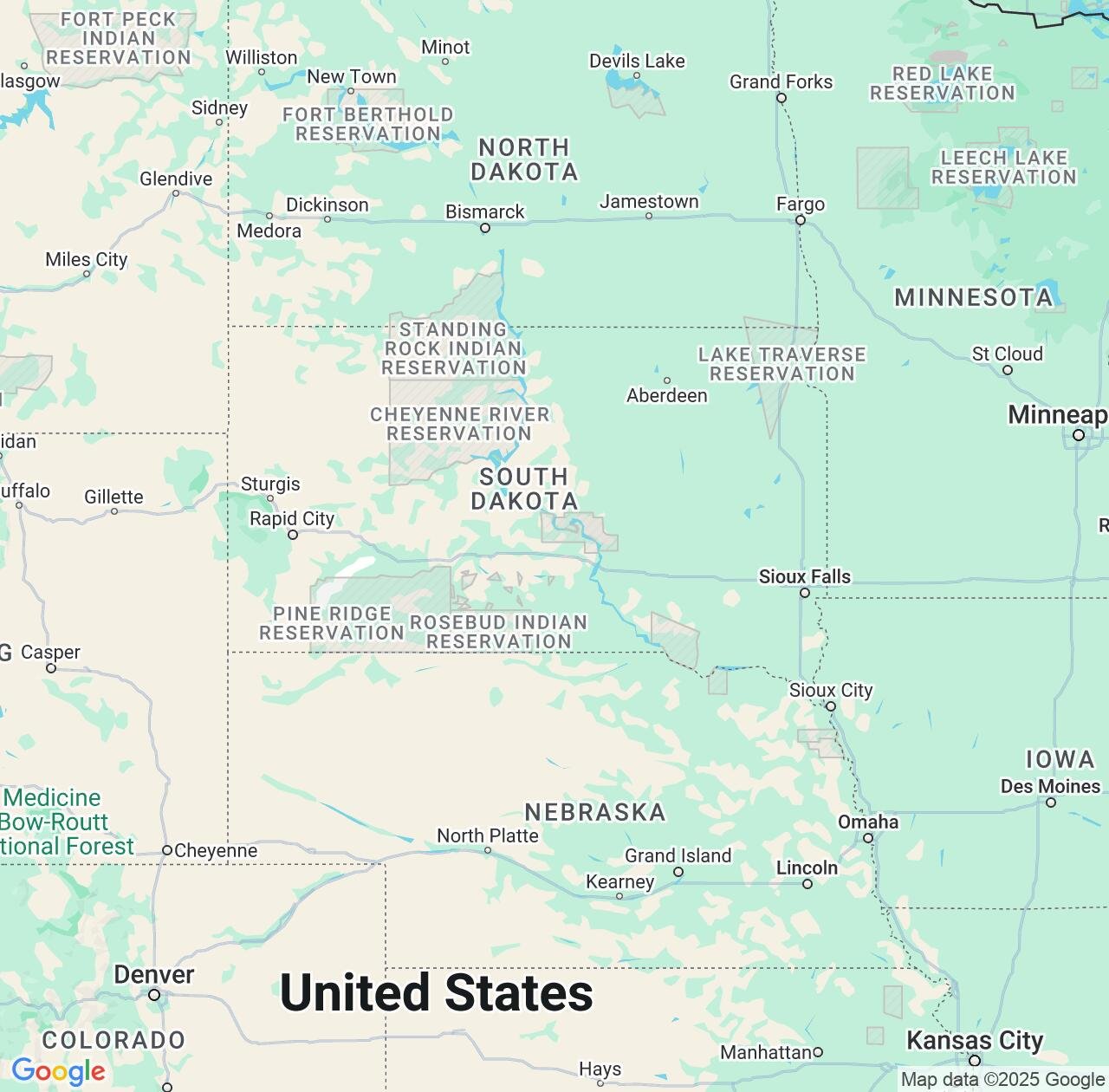
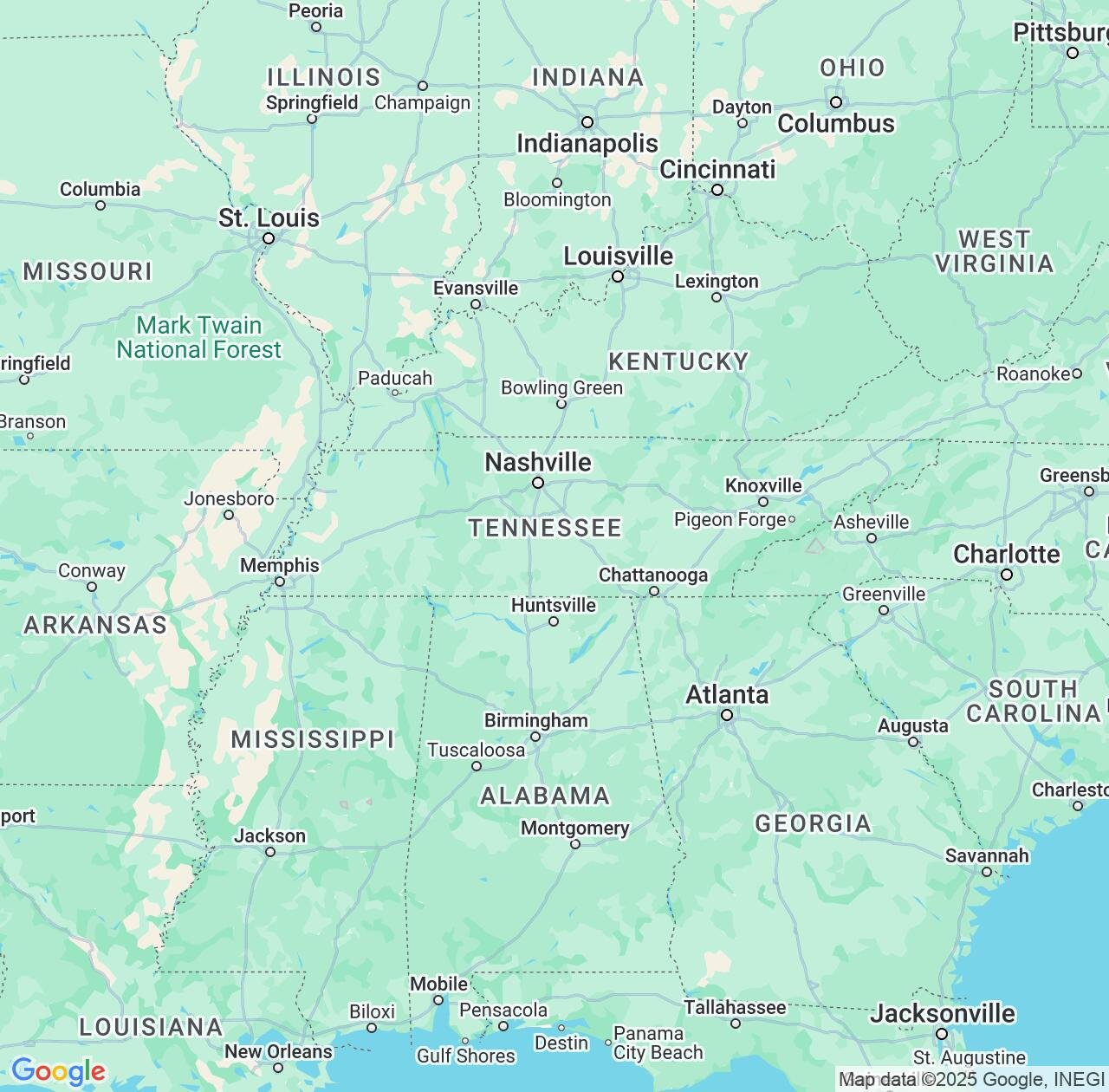
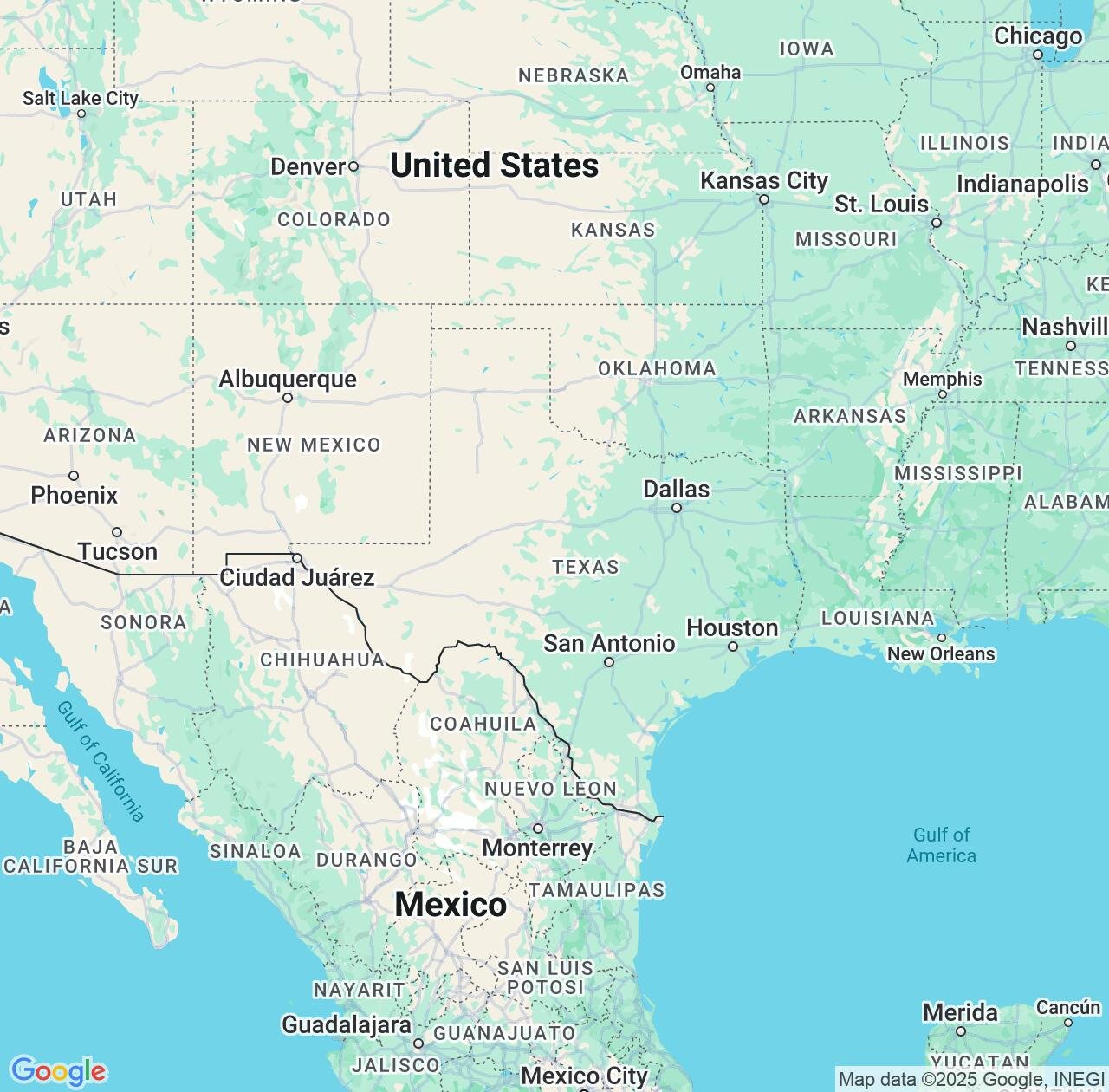
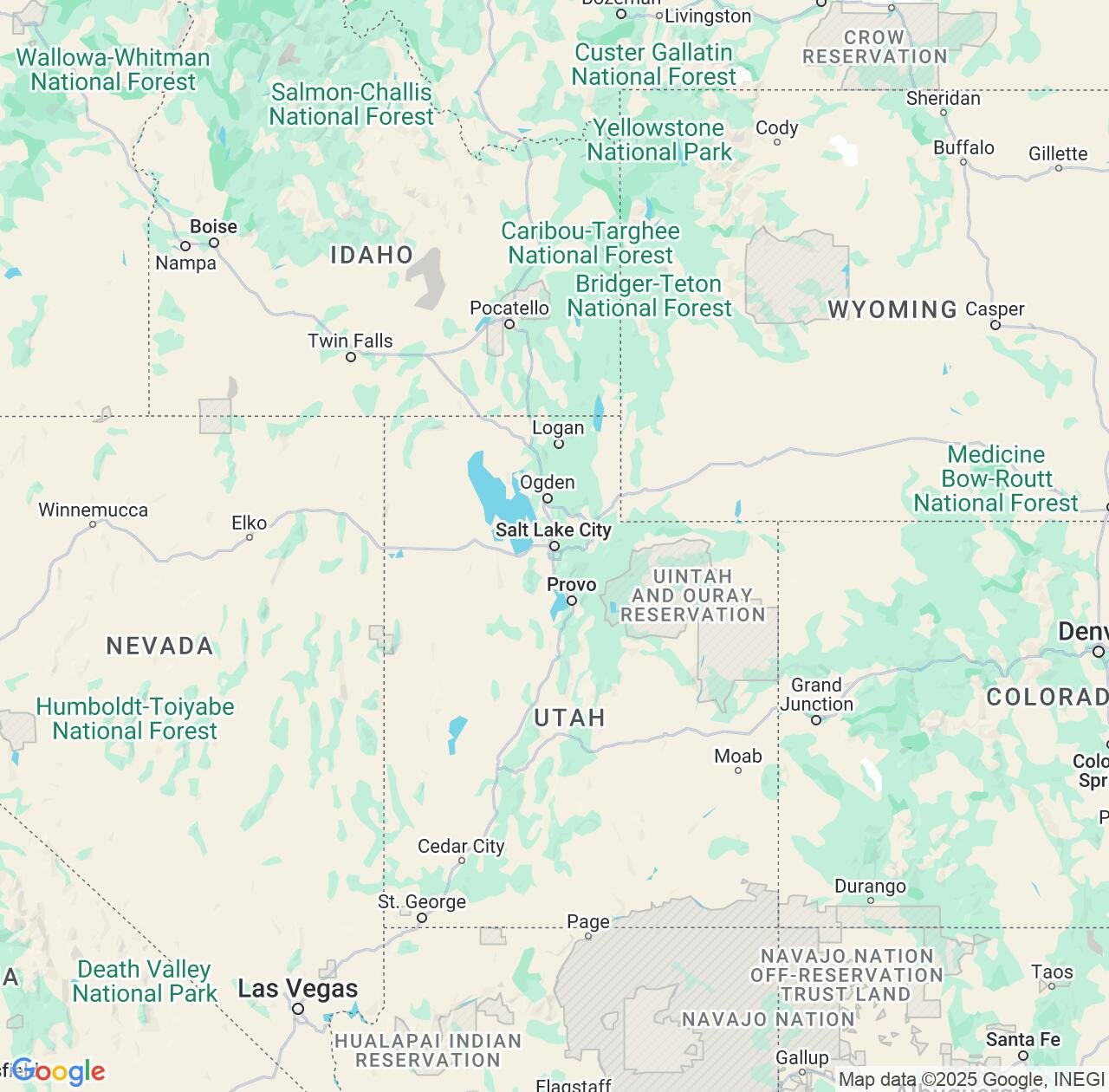
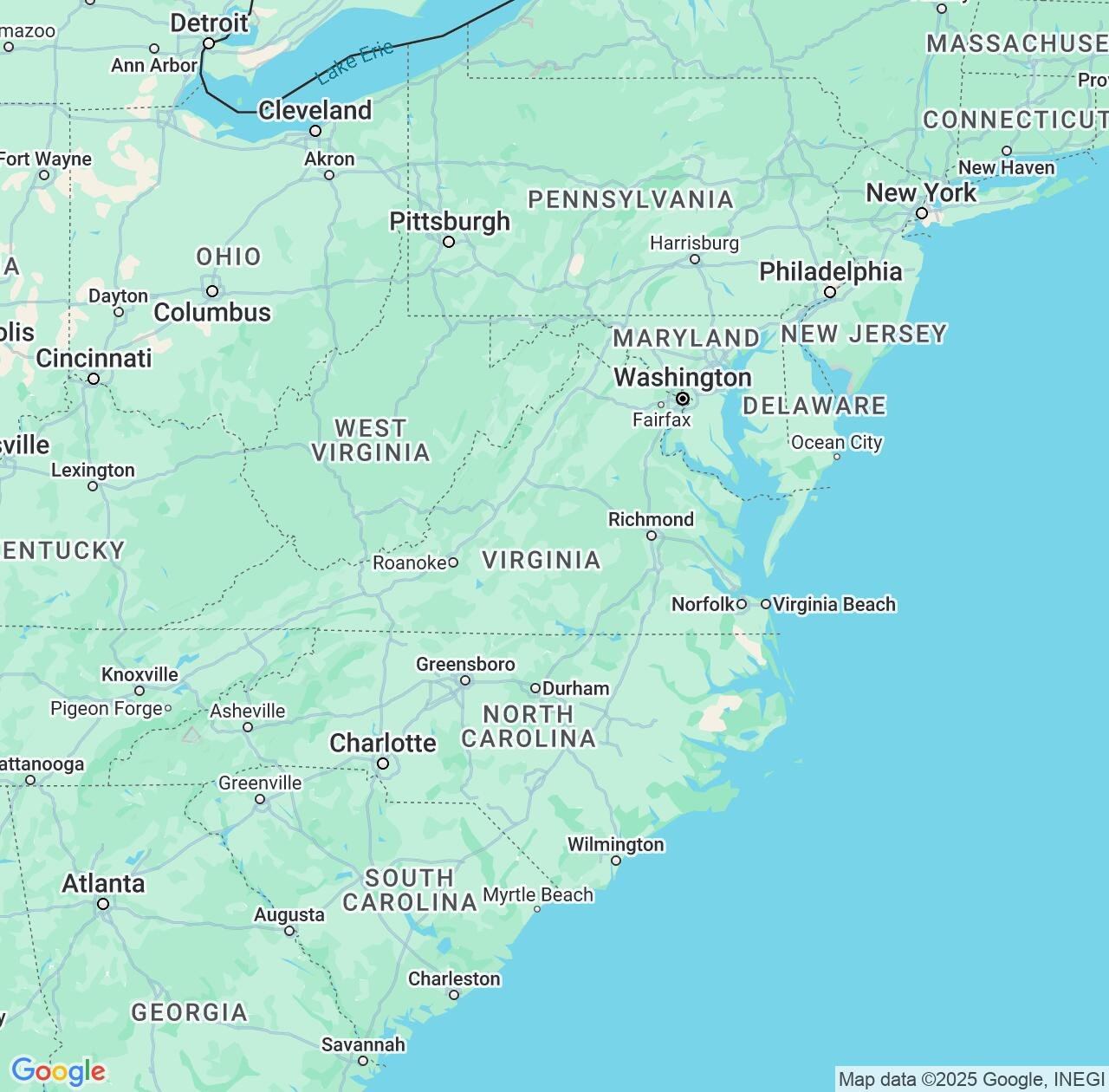
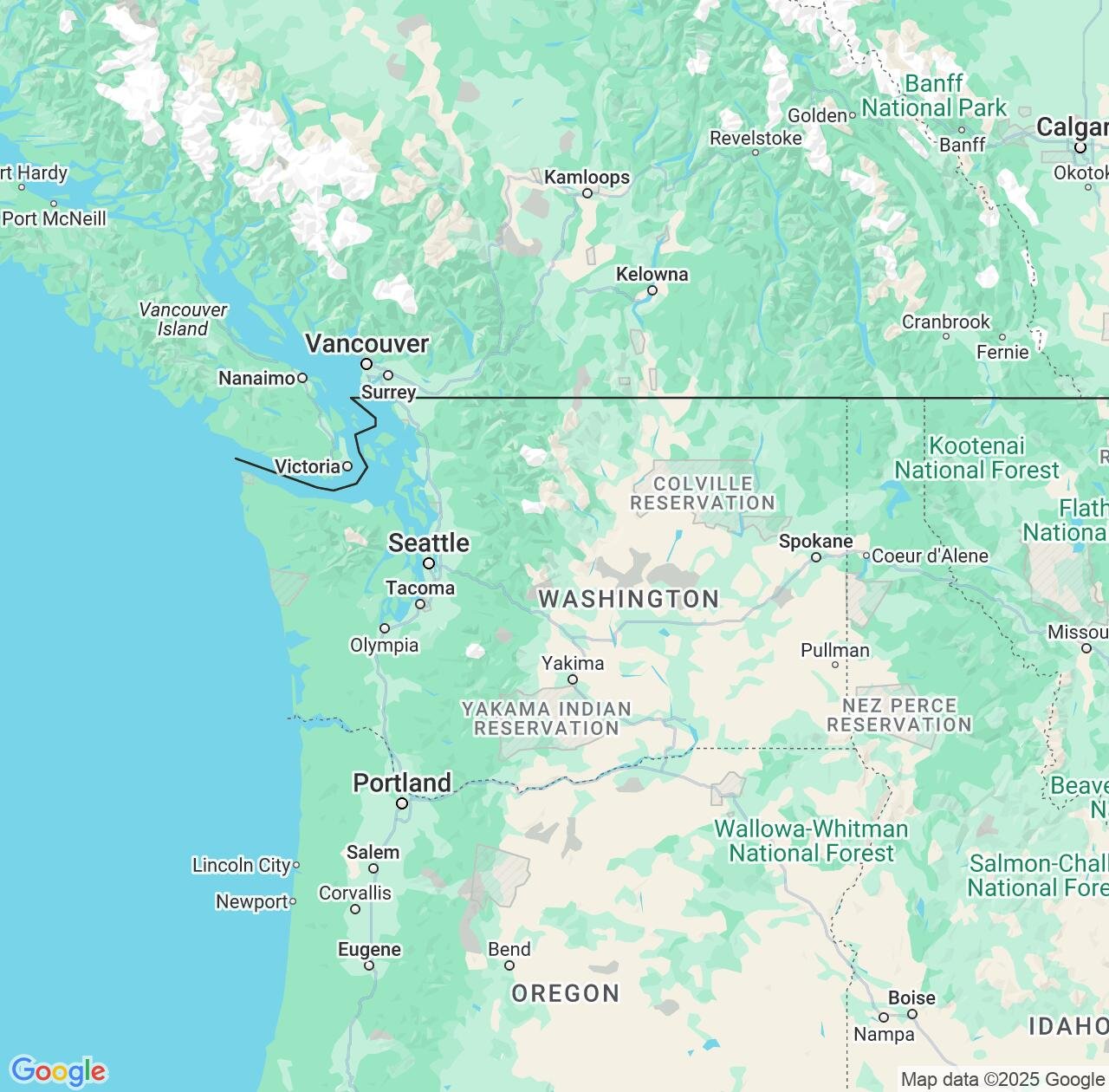
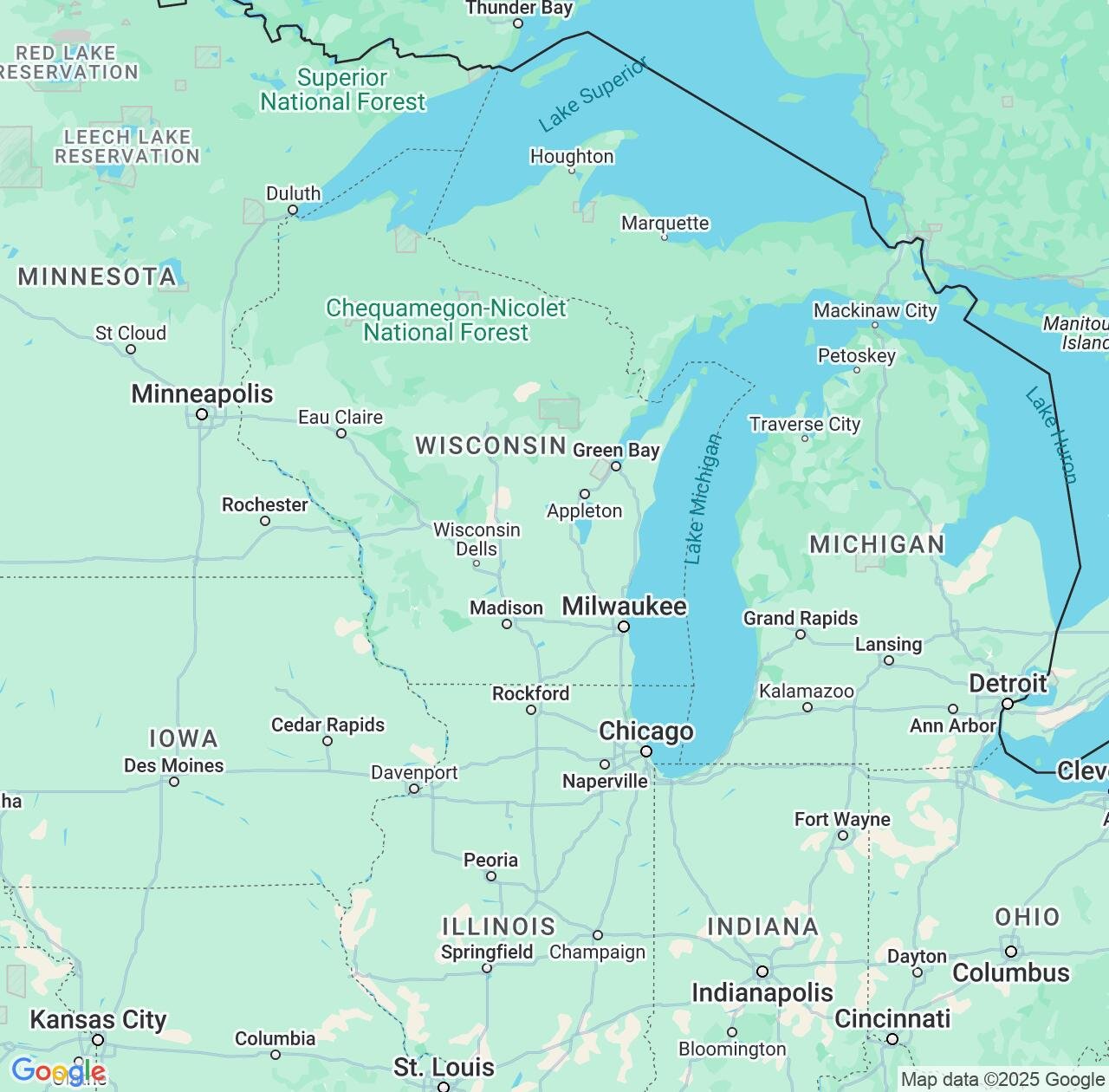
You may also expand your search to IP professionals in North America.
Please find below the list of American intellectual property organizations present in our worldwide directory:









No results available
Find the right IP expert for your needs.
Browse our directory of:
Our directory features verified professionals with expertise across various industries and technologies. From software patents to pharmaceutical trademarks, find the specialist who understands your unique IP challenges.
Here are the latest American IP practitioners to intellectual-property.org
A patent attorney in the United States must have:
These requirements ensure patent attorneys understand both the legal and technical aspects of inventions they represent. Without USPTO registration, lawyers cannot represent clients in patent application matters before the USPTO.
Trademark registration in the United States differs from other countries in several key ways:
Unlike many other countries that operate on a first-to-file basis without requiring use, the US system emphasizes actual commercial use of trademarks to maintain rights.
Businesses need copyright protection in the United States to safeguard their original creative works from unauthorized use. Copyright automatically protects works upon creation, but registration with the US Copyright Office provides important benefits:
For businesses in creative industries like publishing, software, music, and film, copyright protection forms a core part of their intellectual property portfolio and revenue protection strategy.
The major intellectual property litigation courts in the United States are strategically located across the country. Key venues include:
These courts have developed expertise in intellectual property matters, with some judges specializing in technical patent cases or industry-specific IP issues.
Trade secrets and patents offer different approaches to protecting innovations in the US:
Patents:
Trade Secrets:
Businesses often work with intellectual property lawyers to determine whether to pursue patents or maintain trade secrets based on their specific innovations and business strategies.
